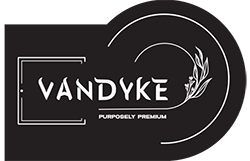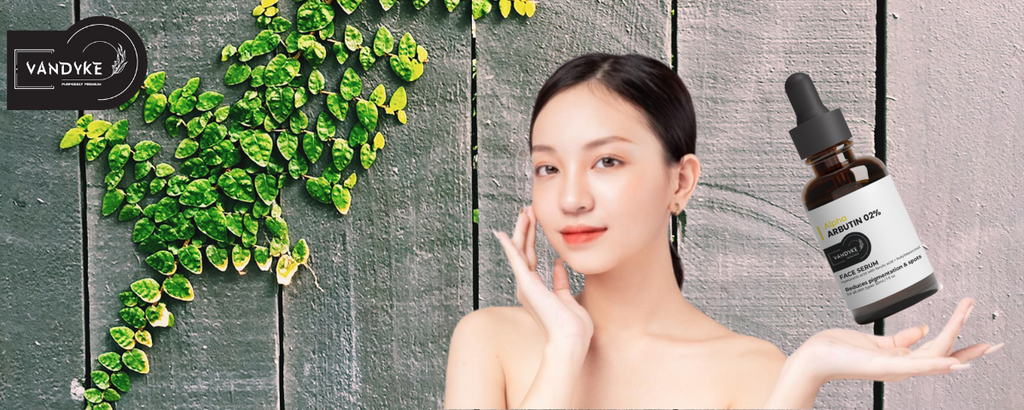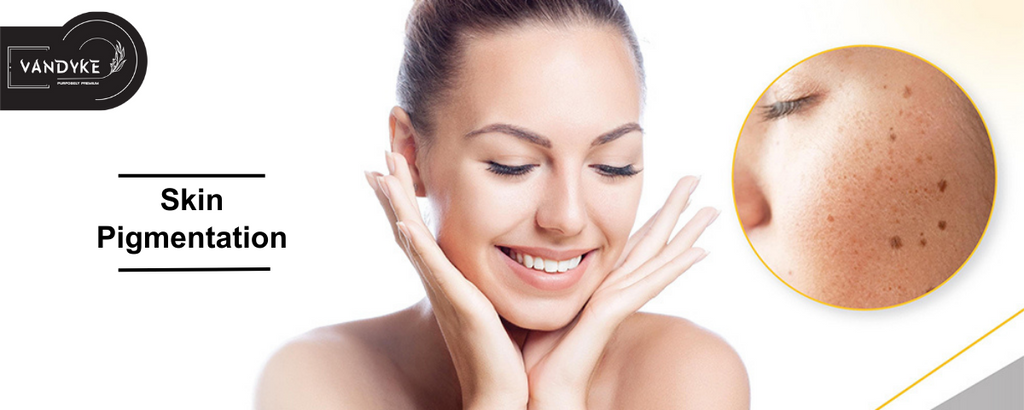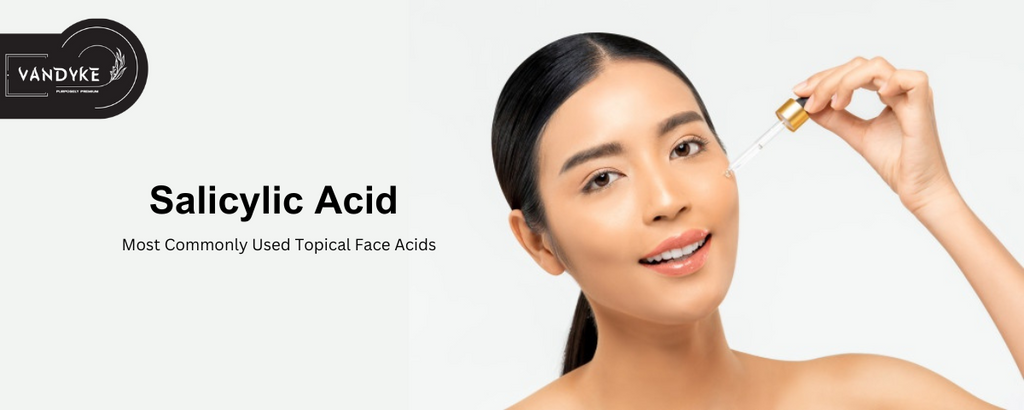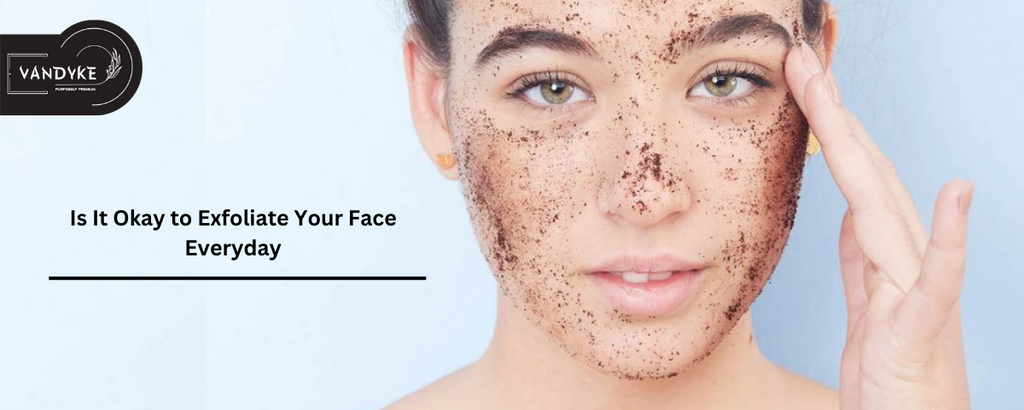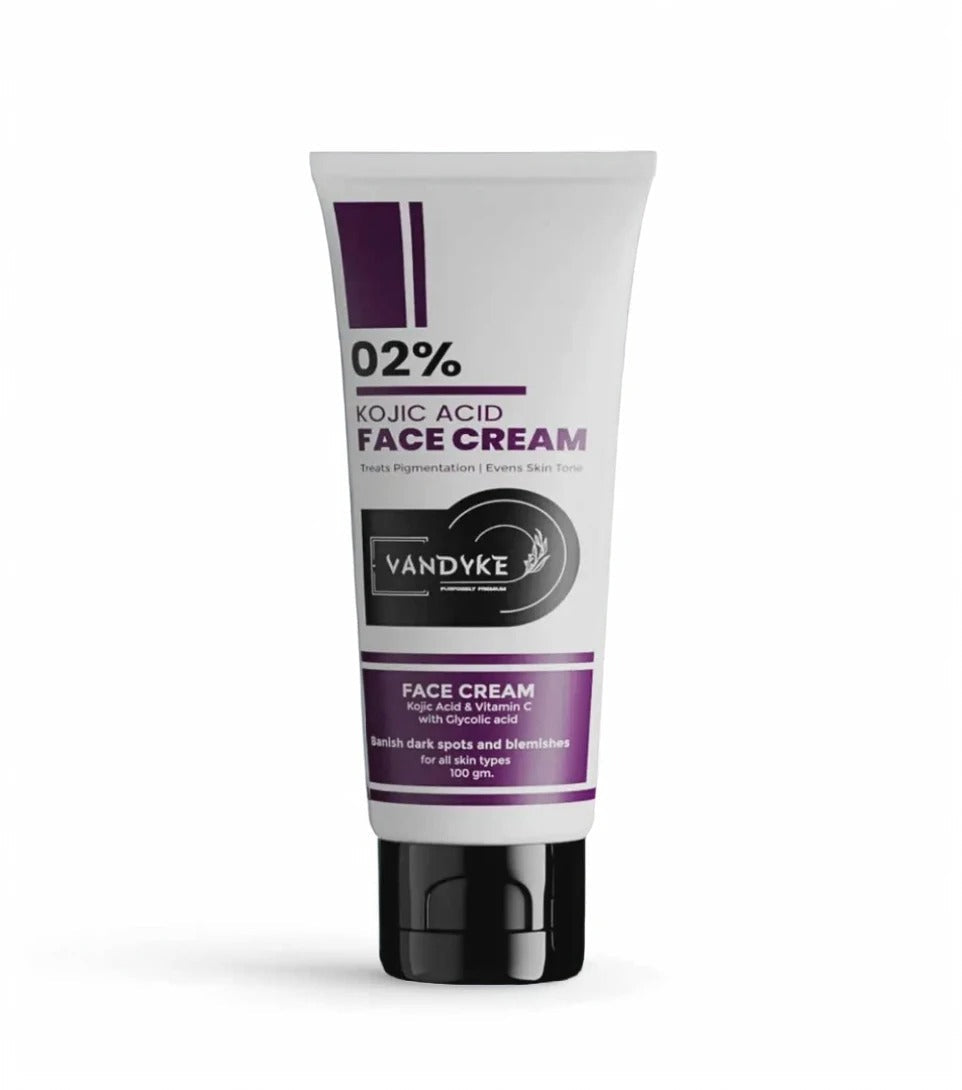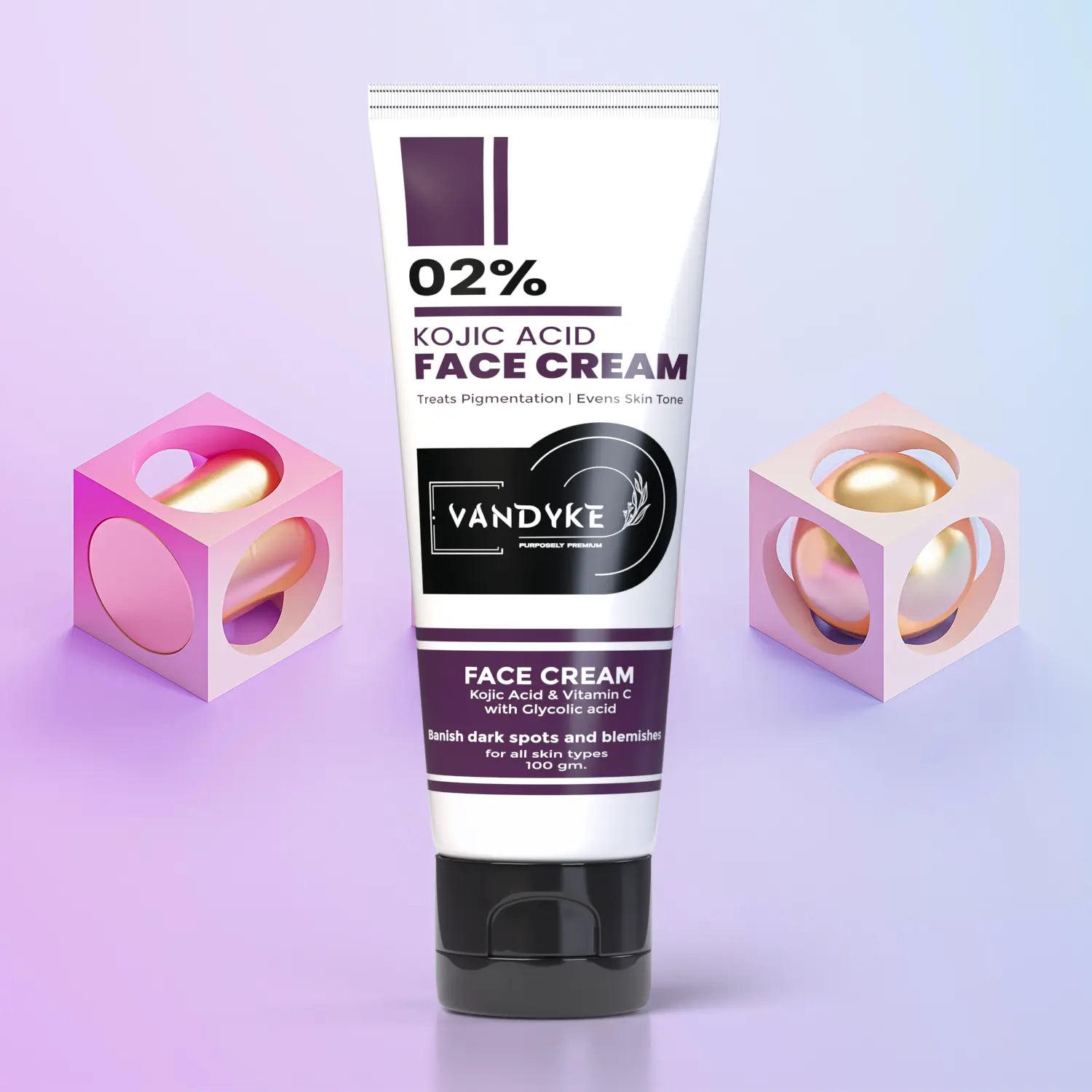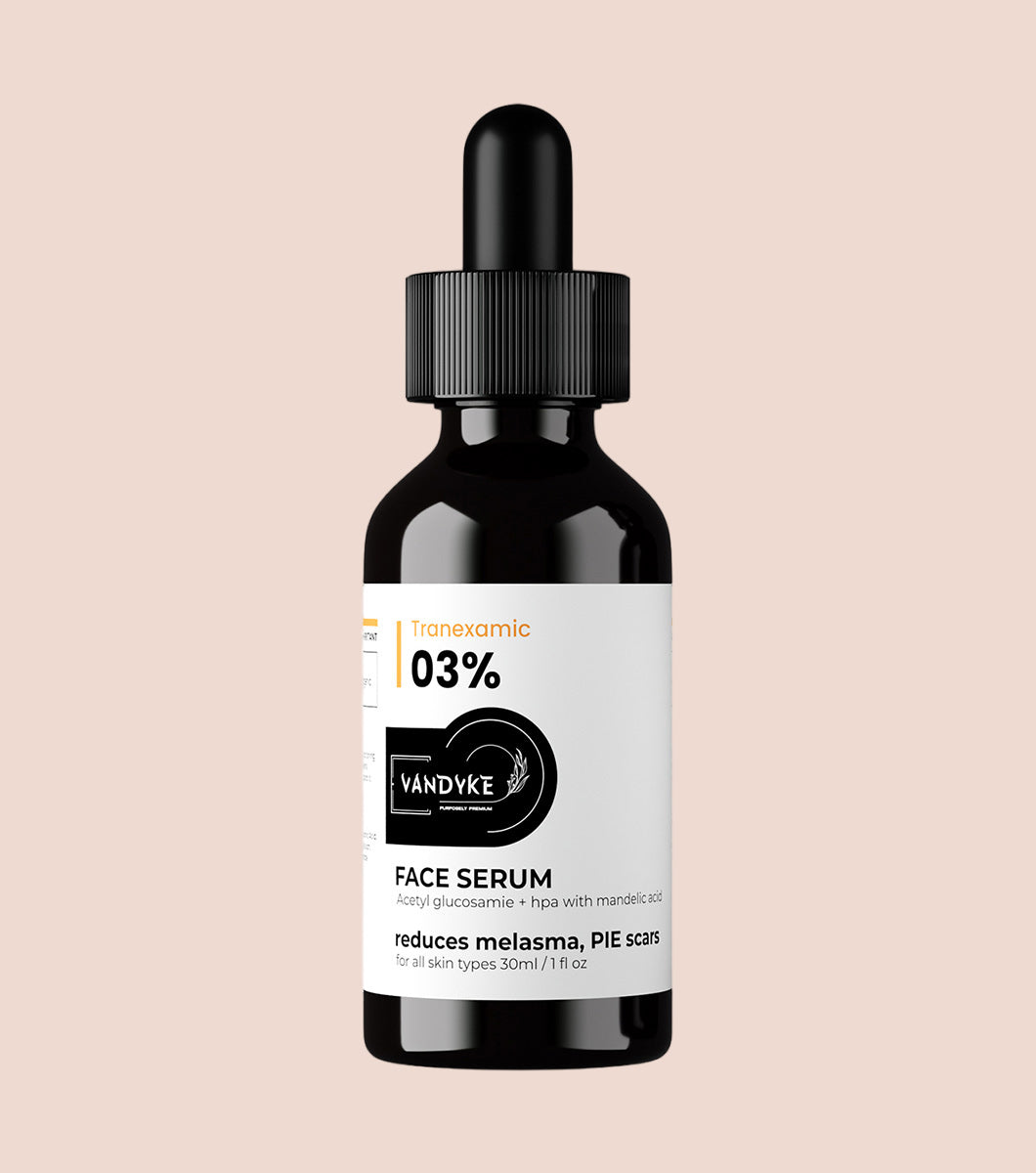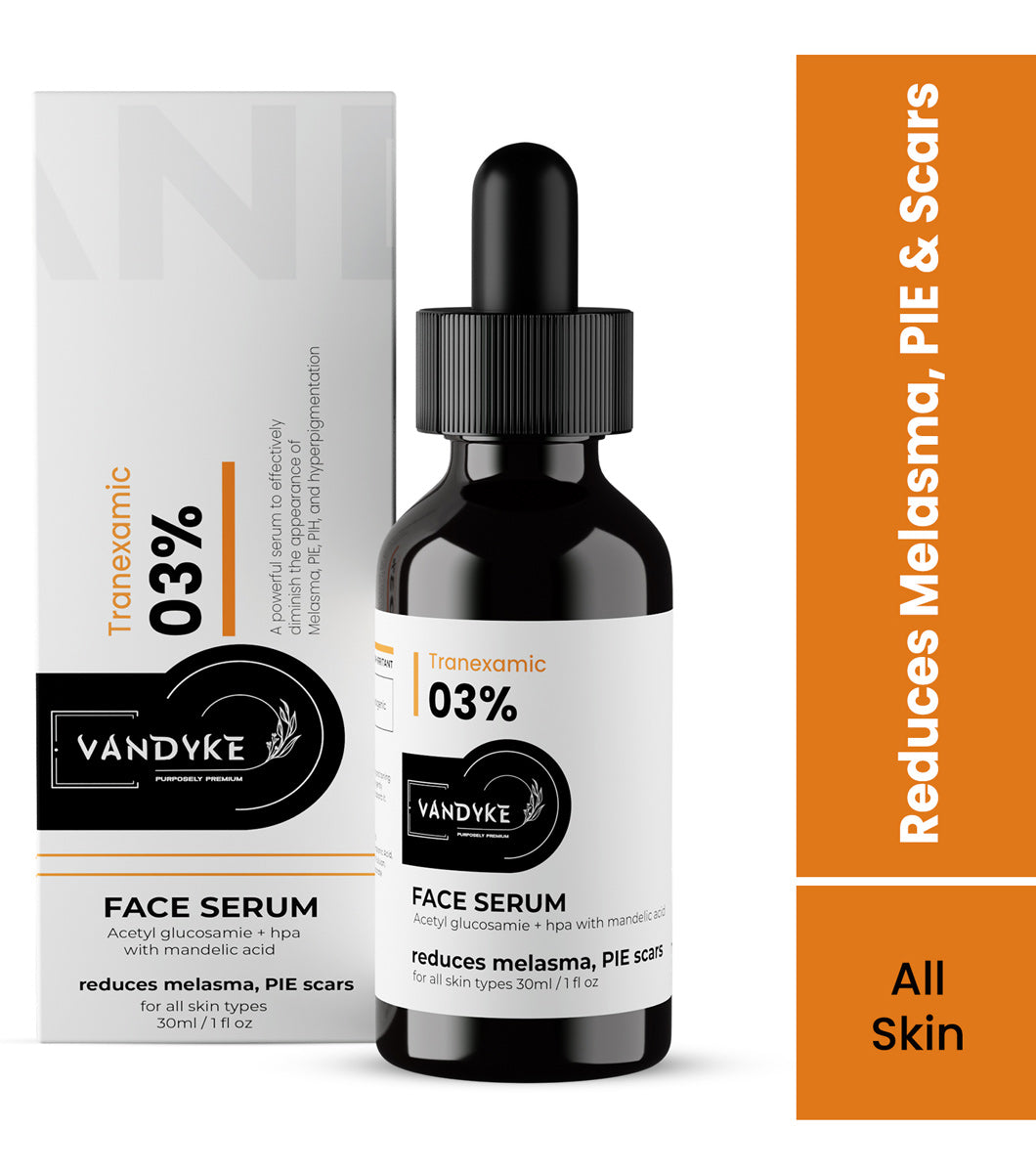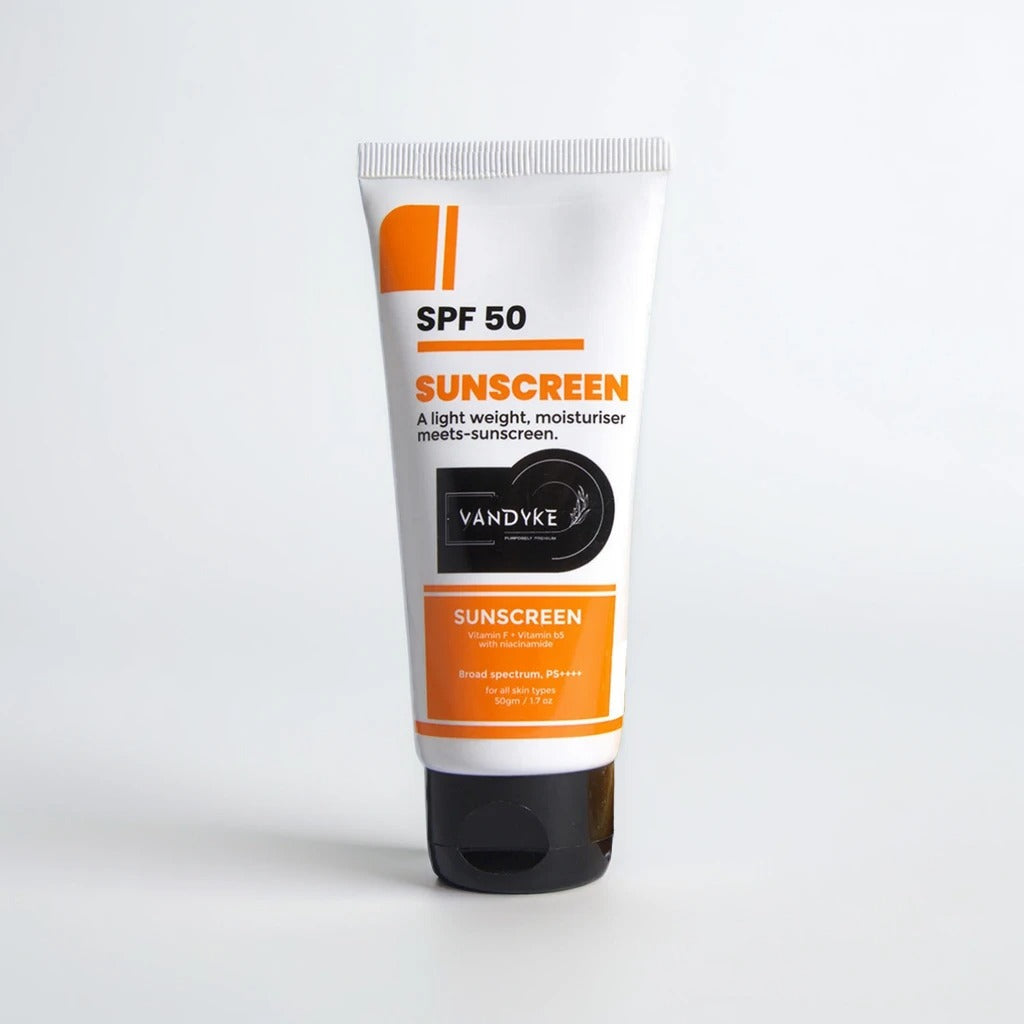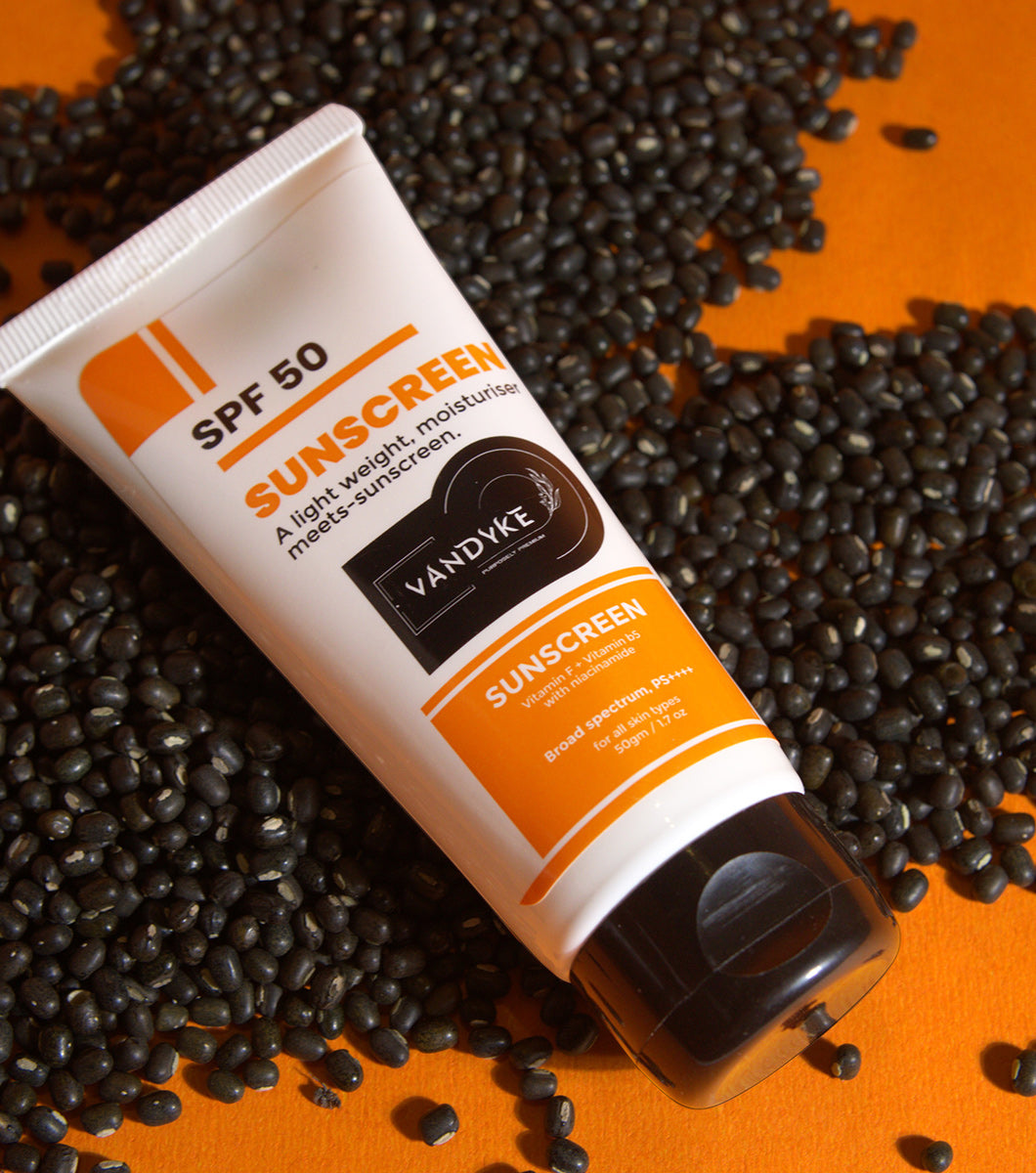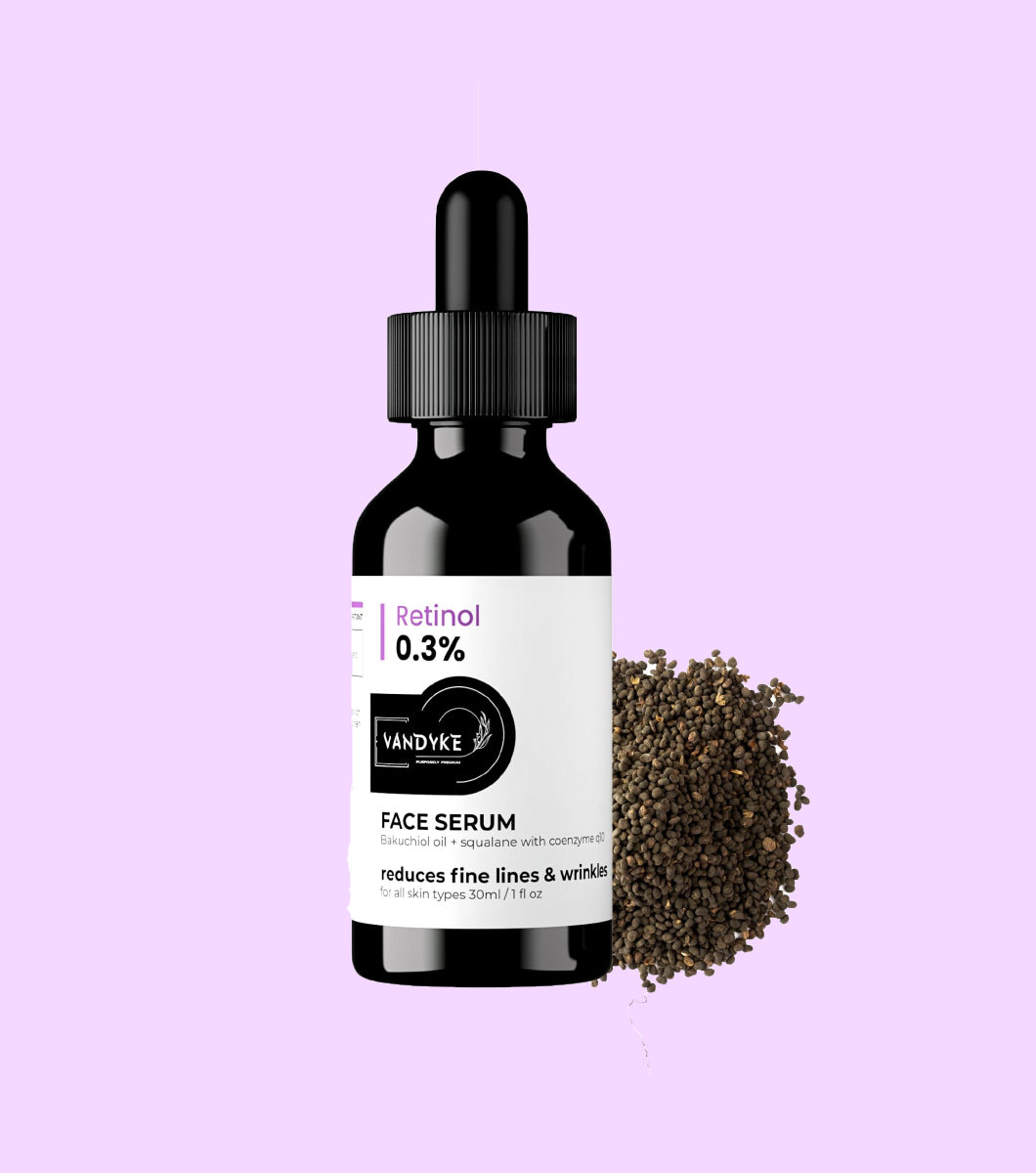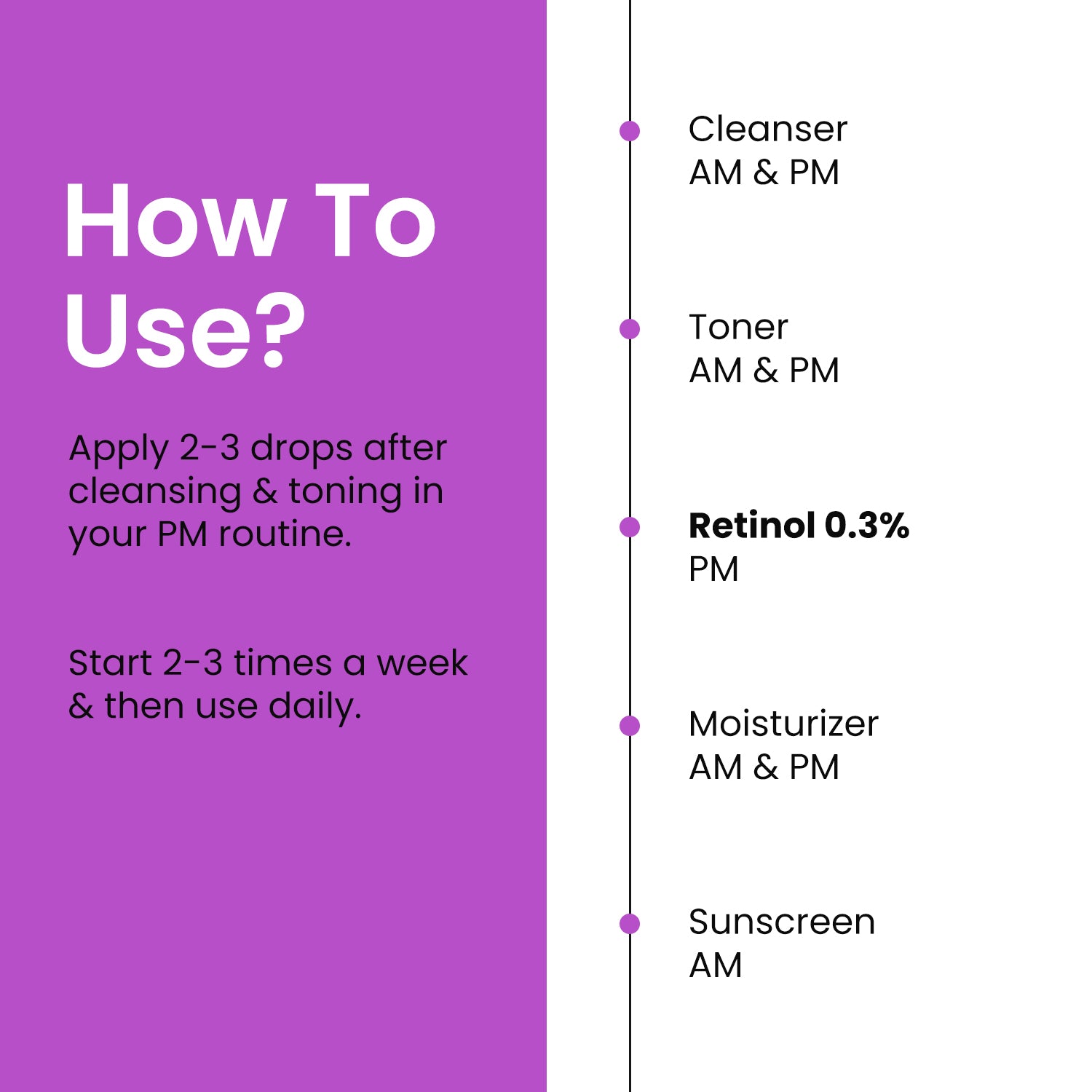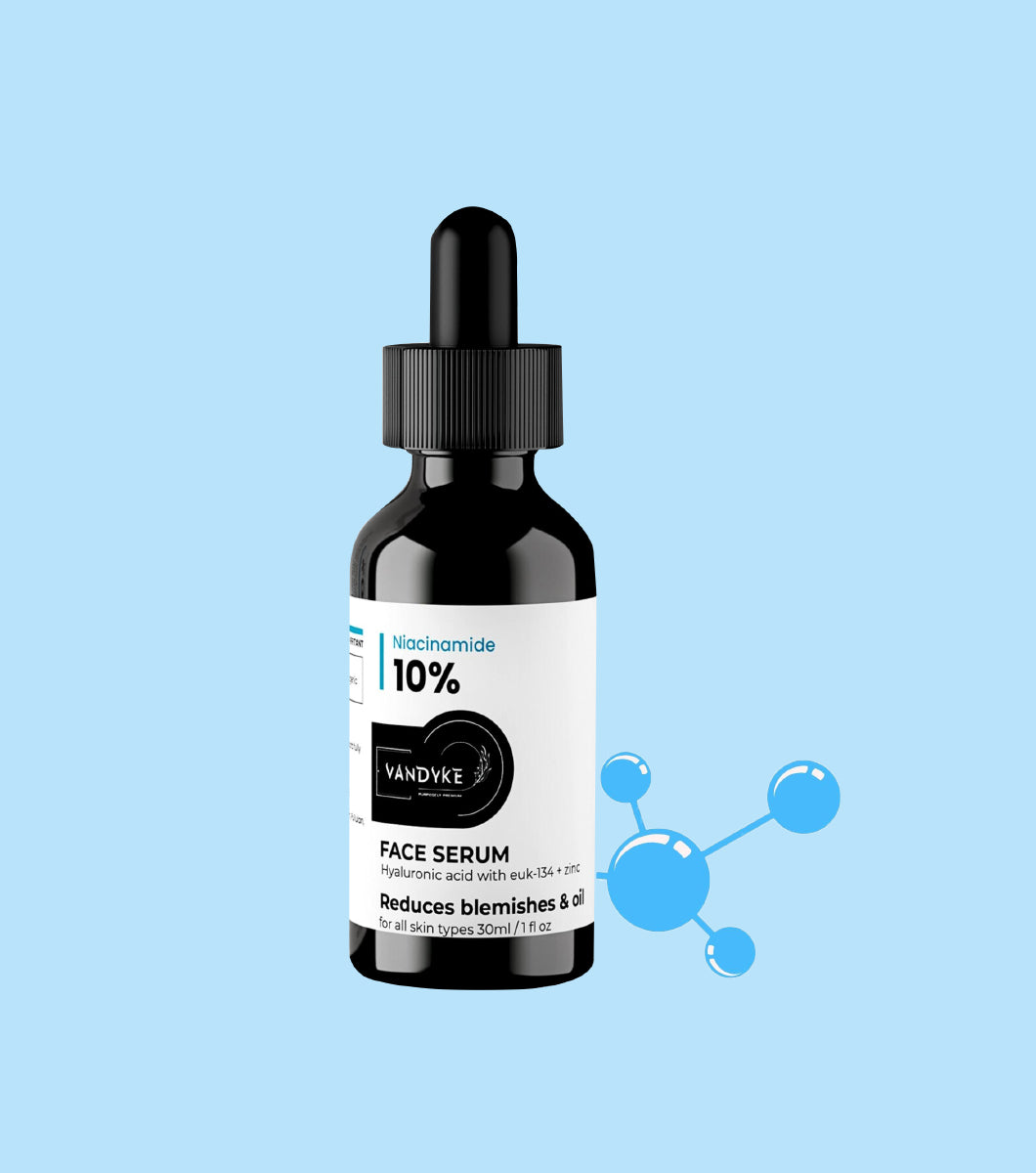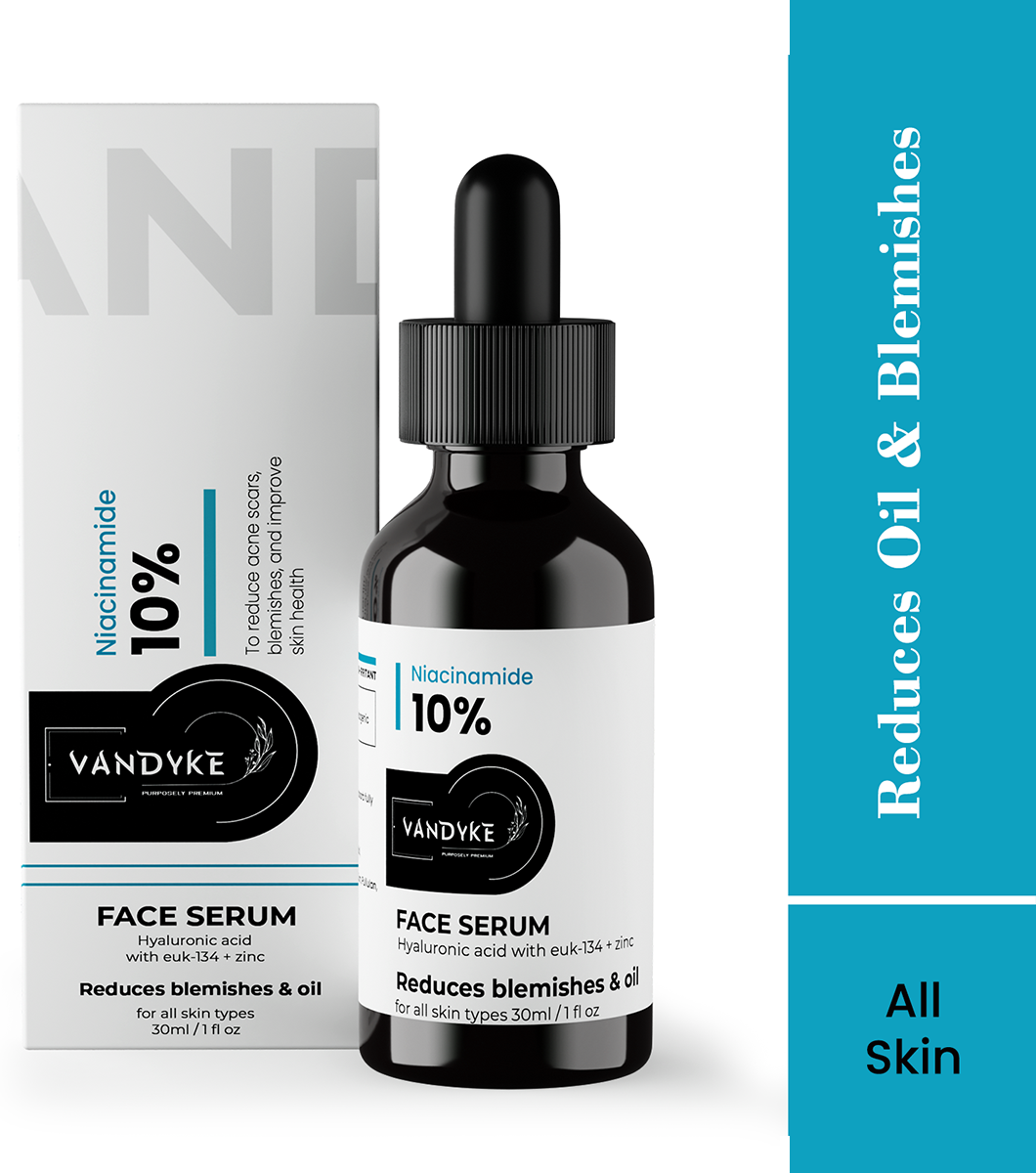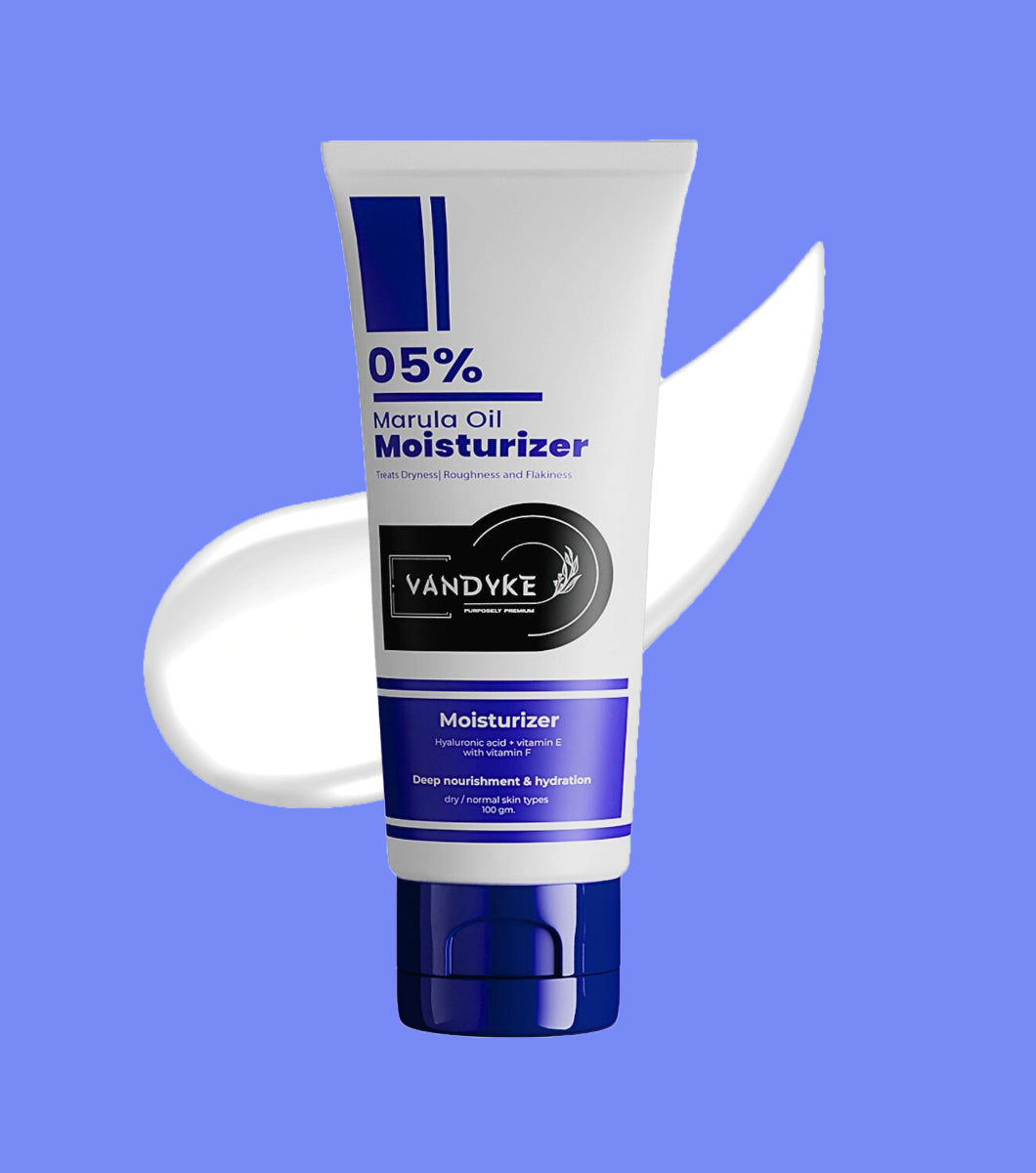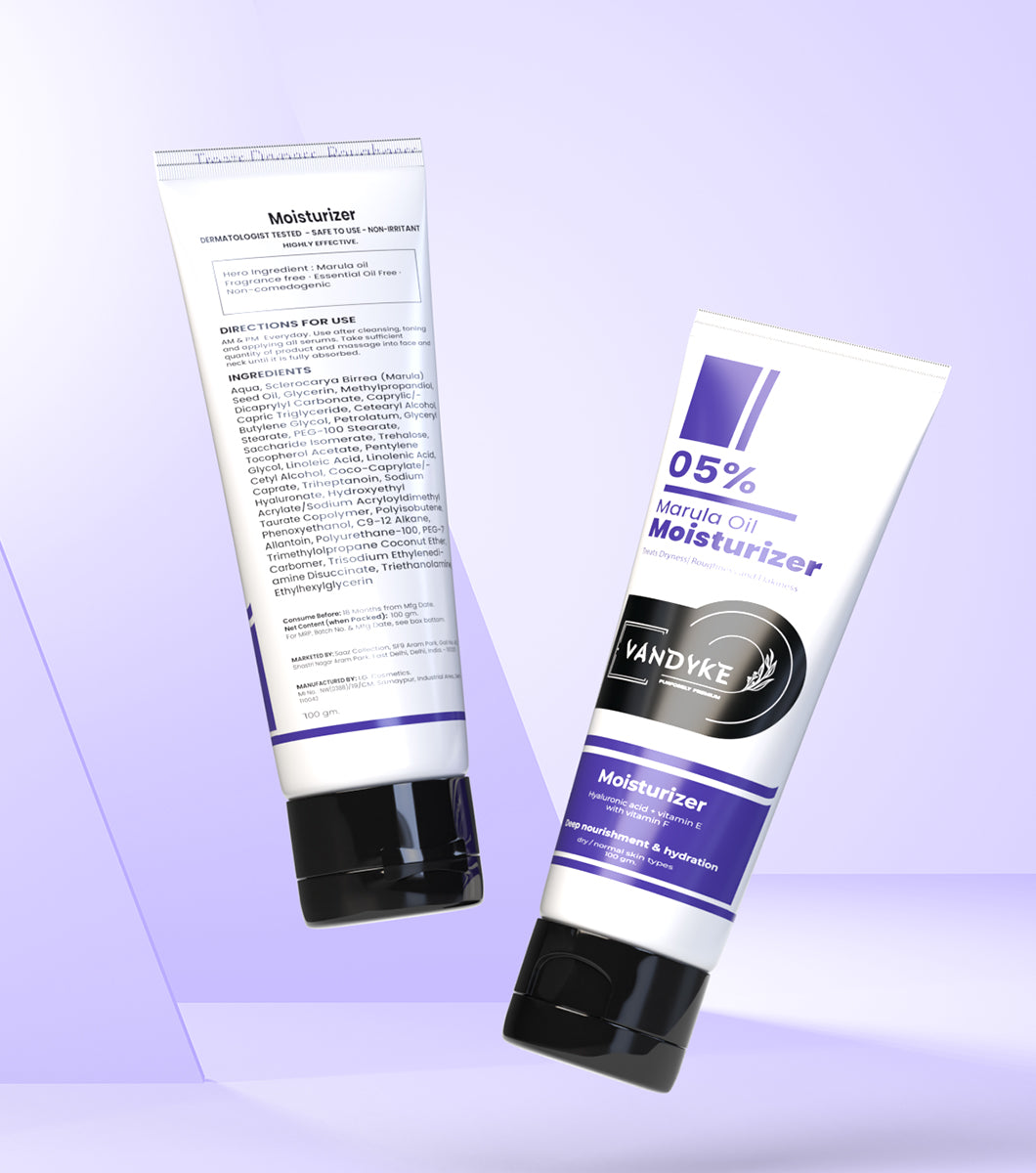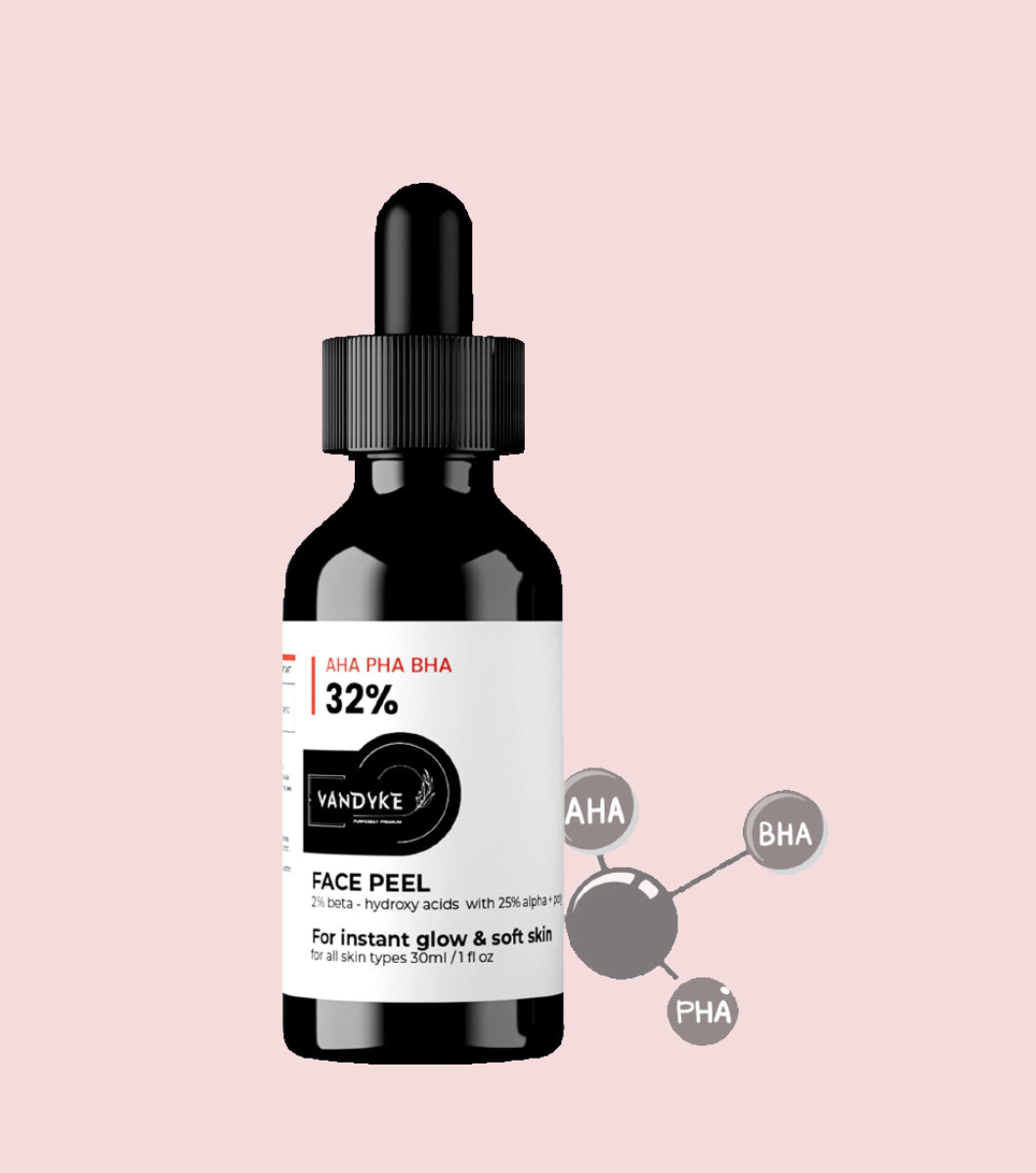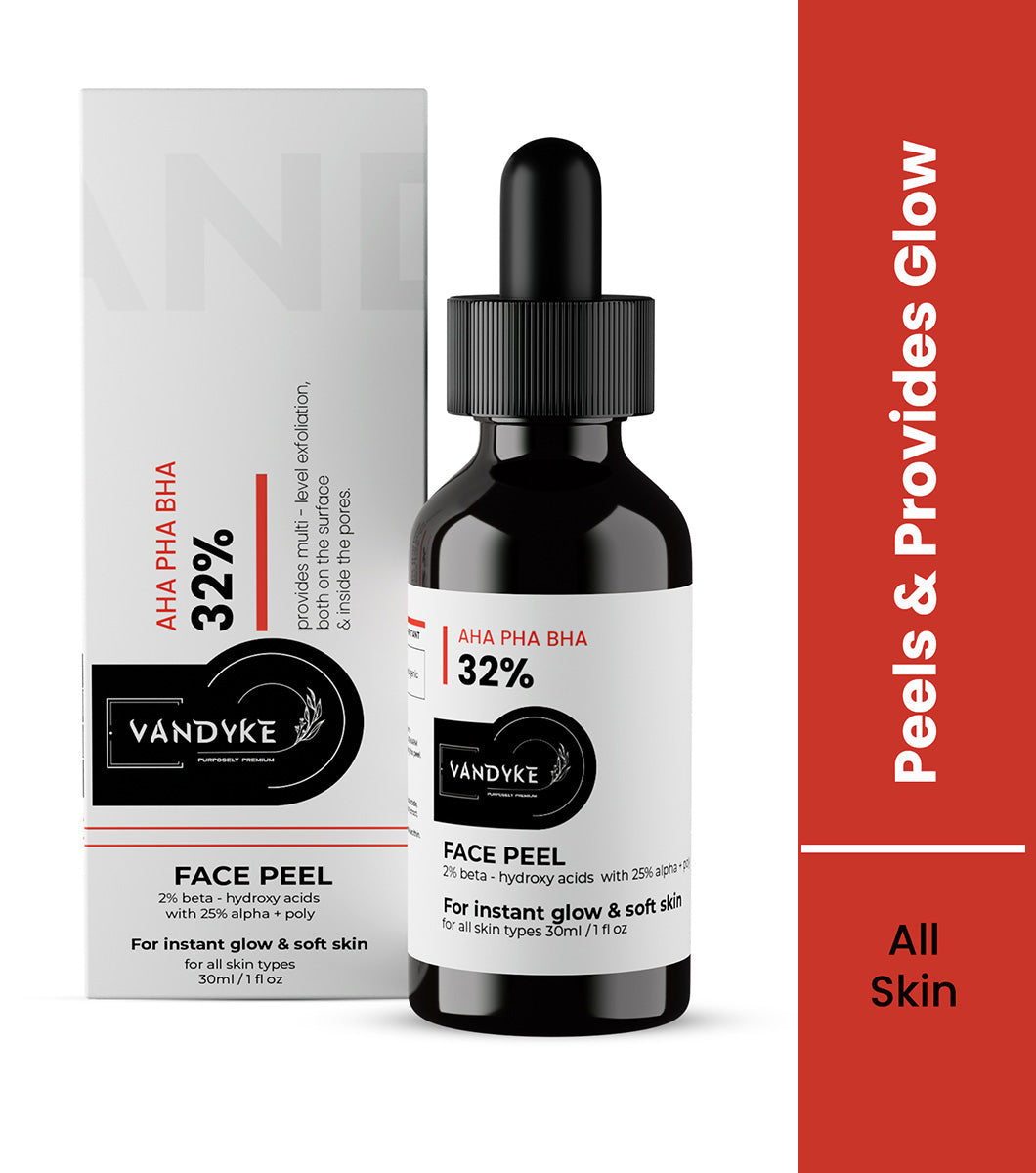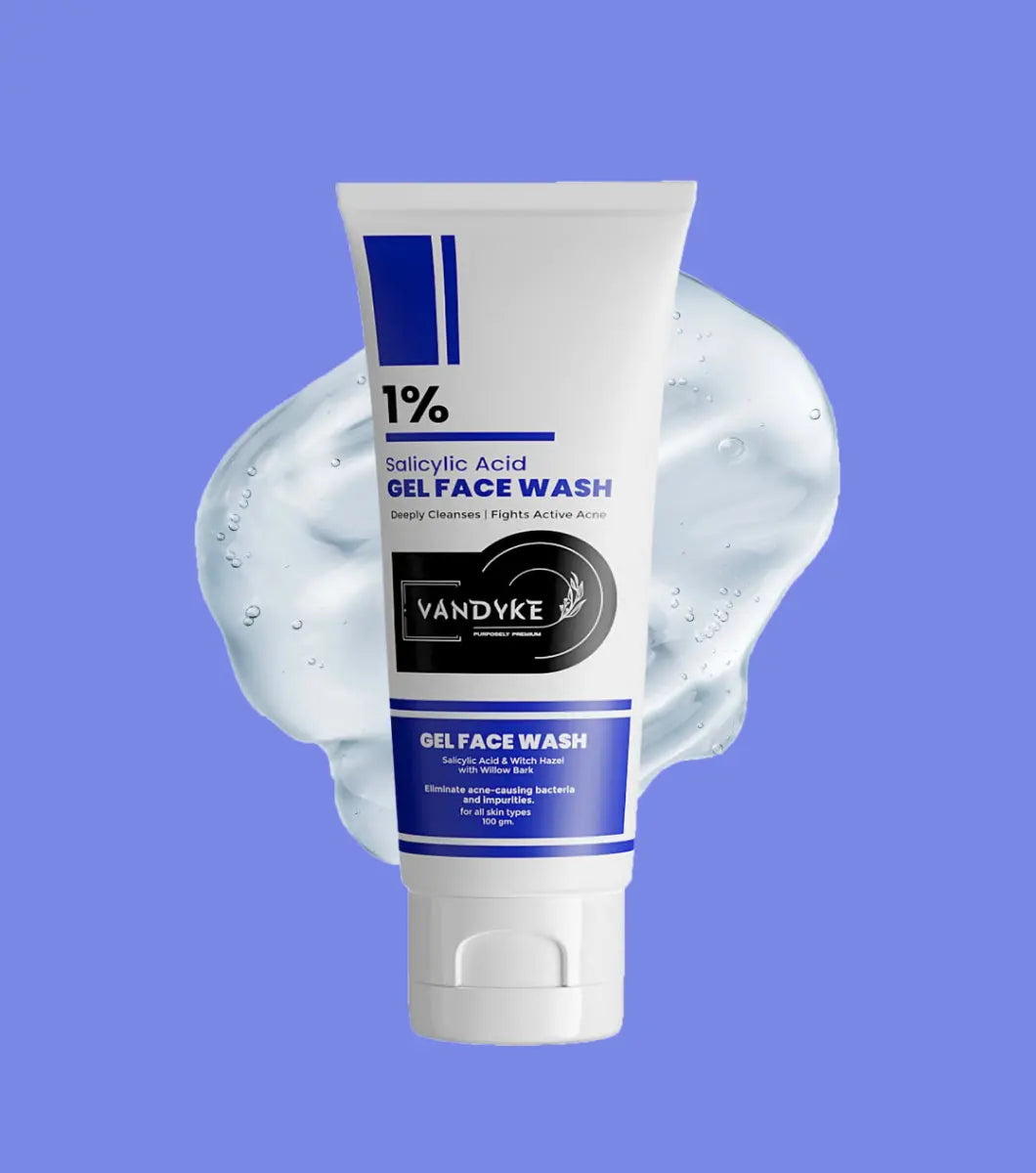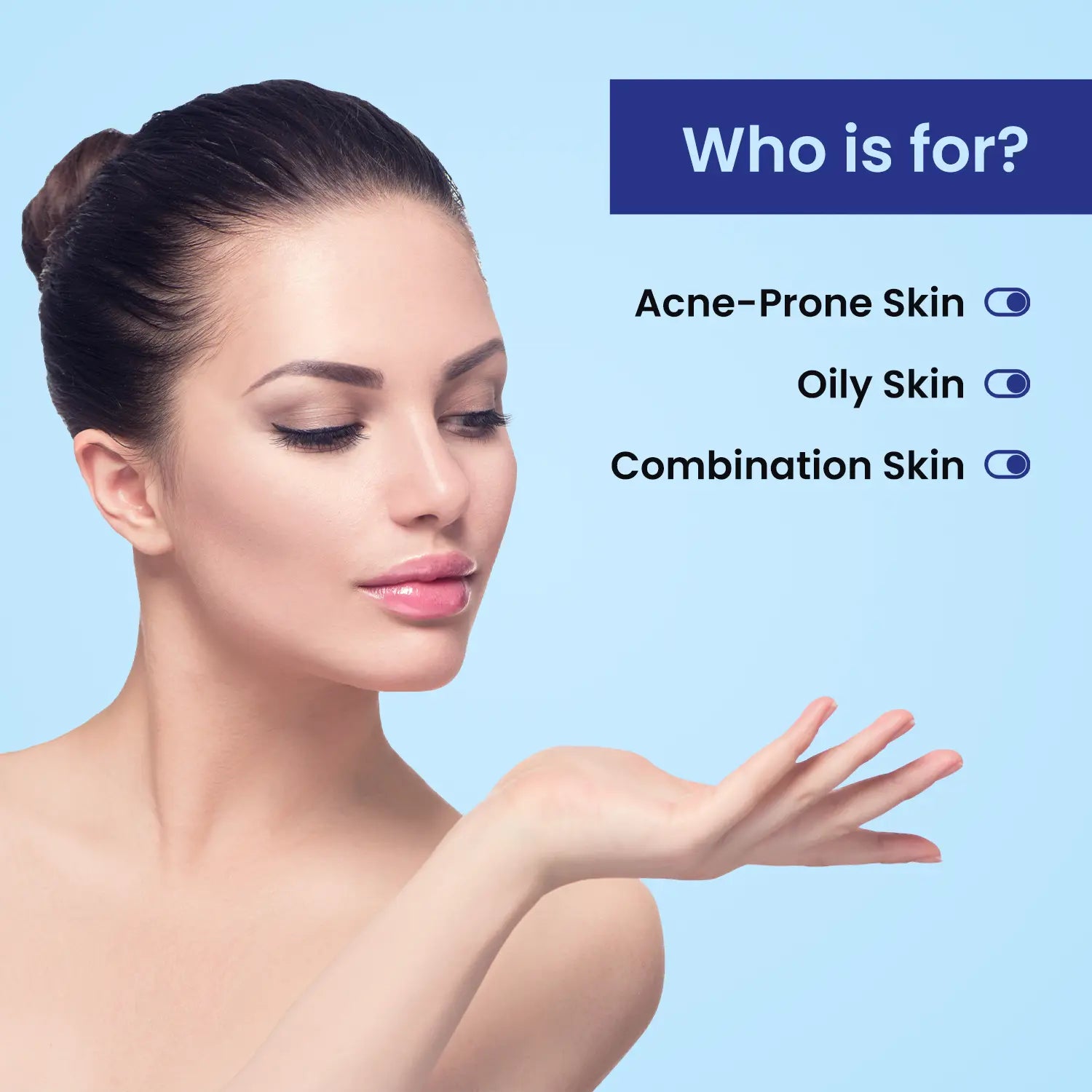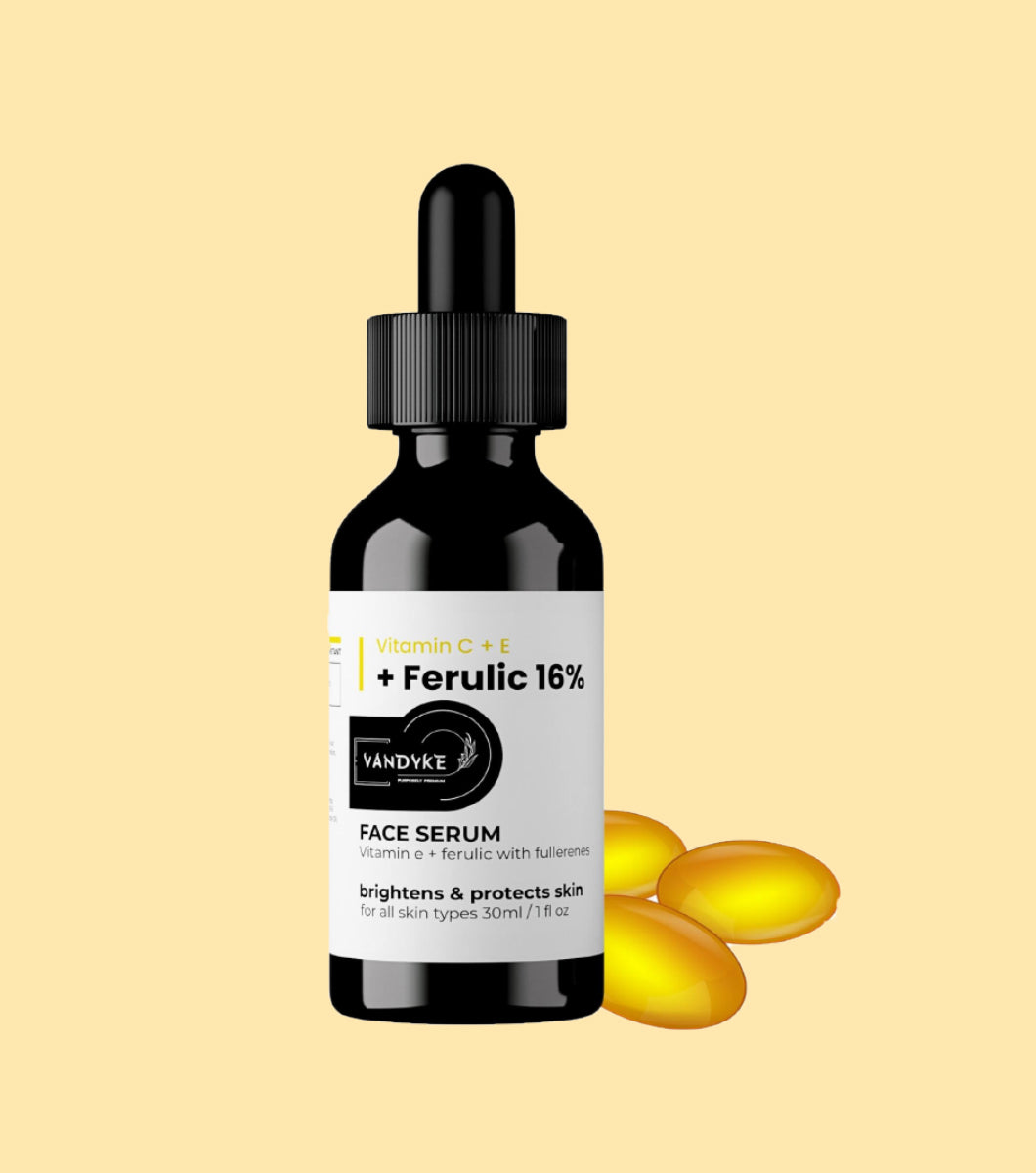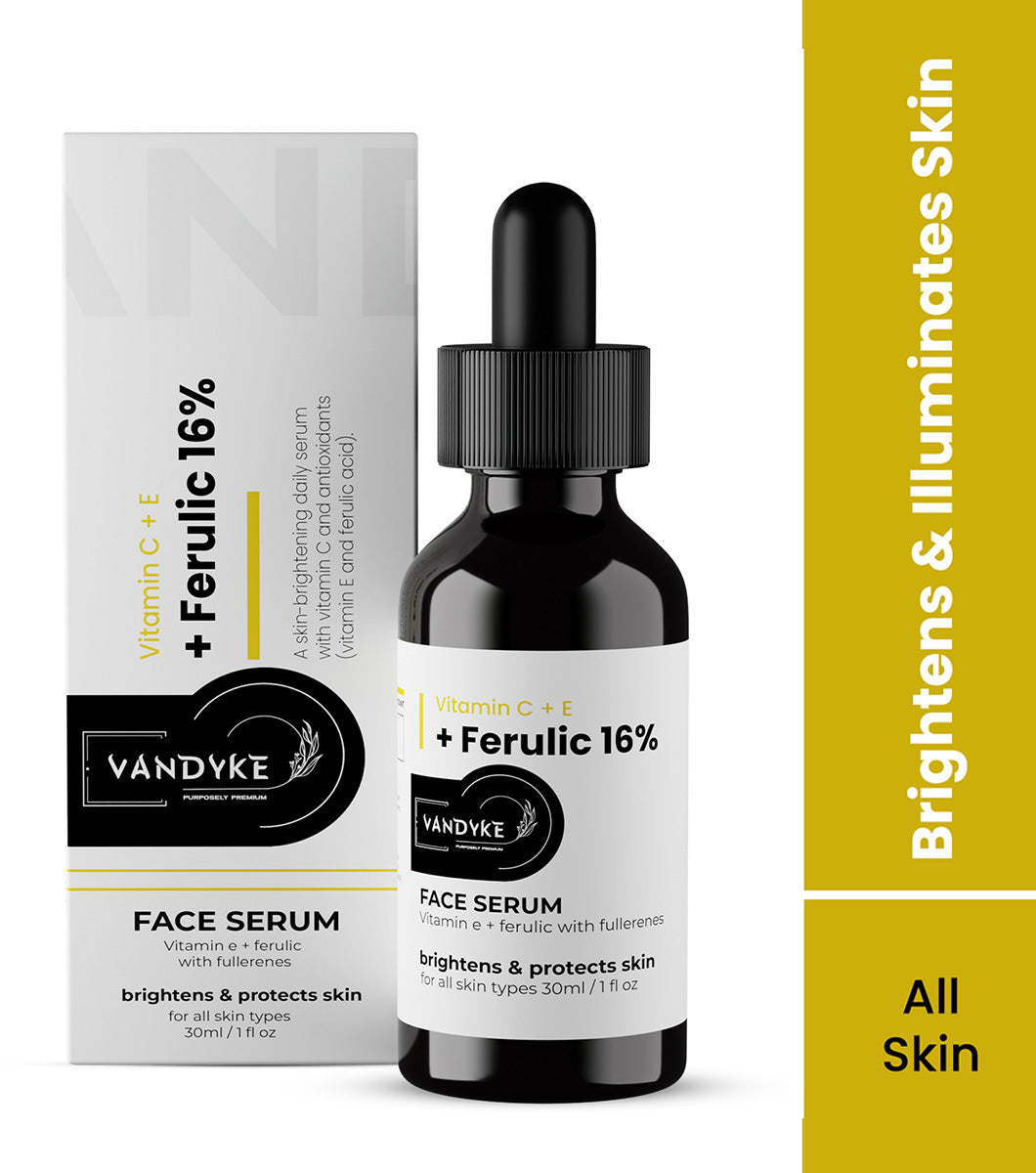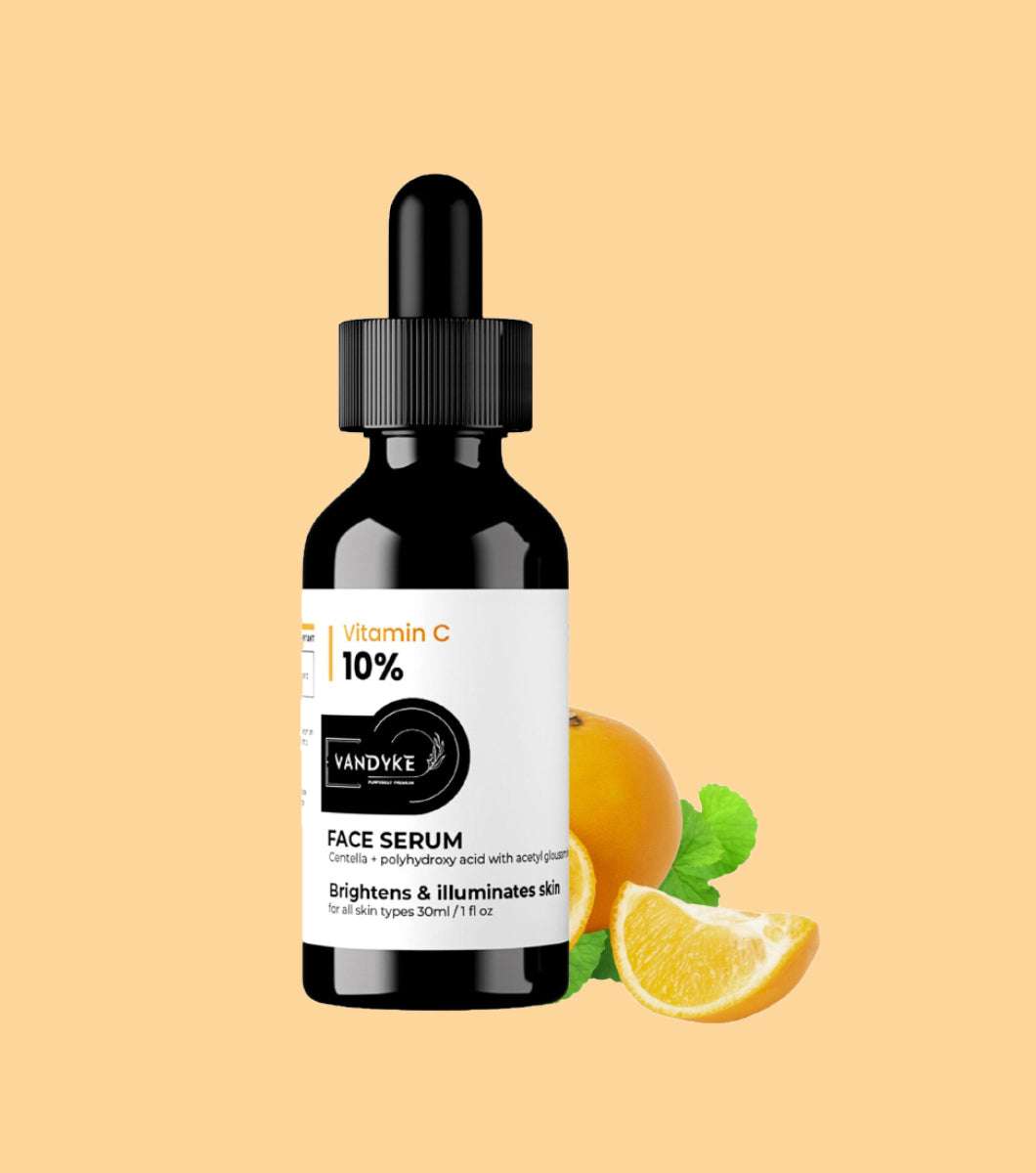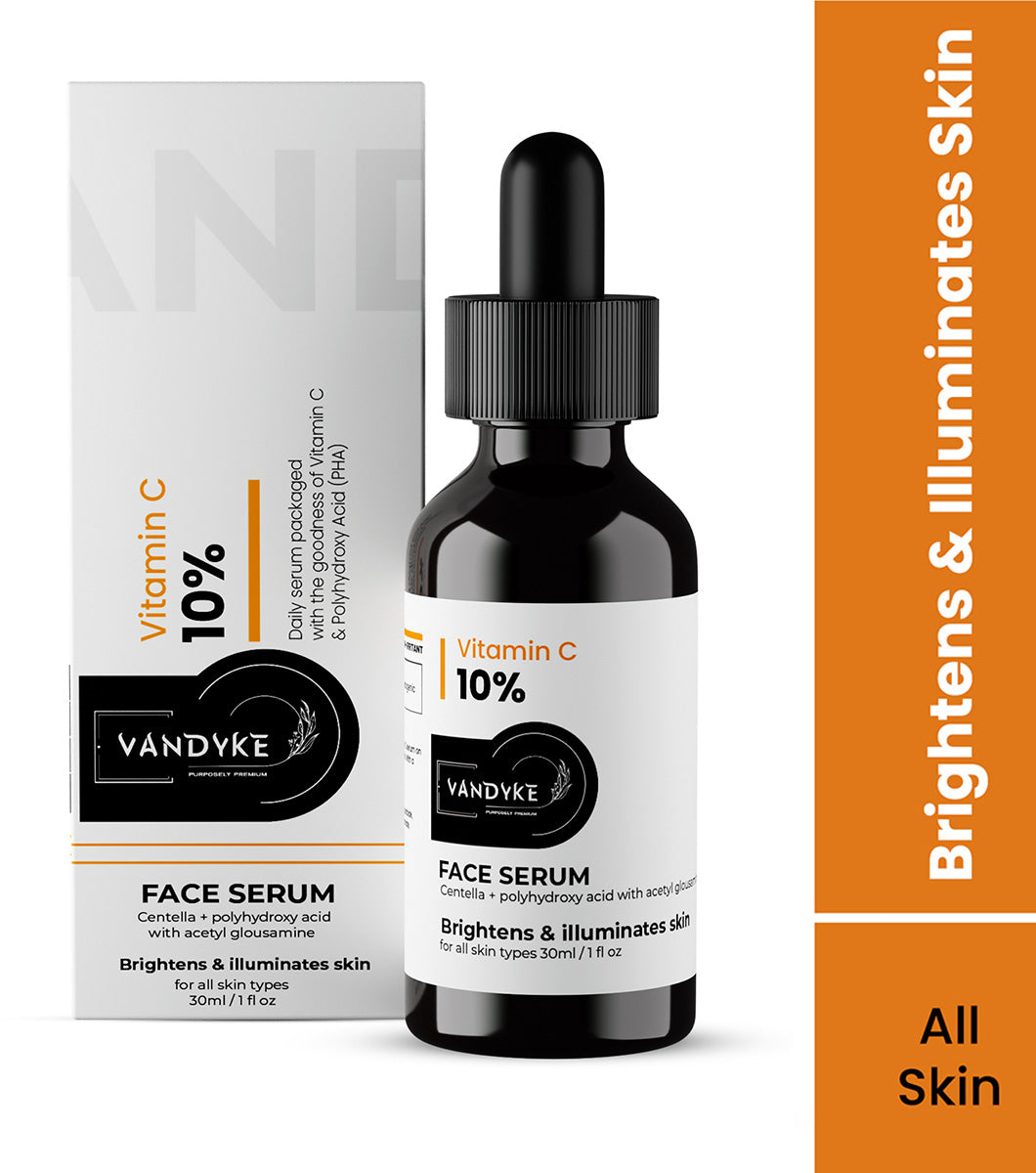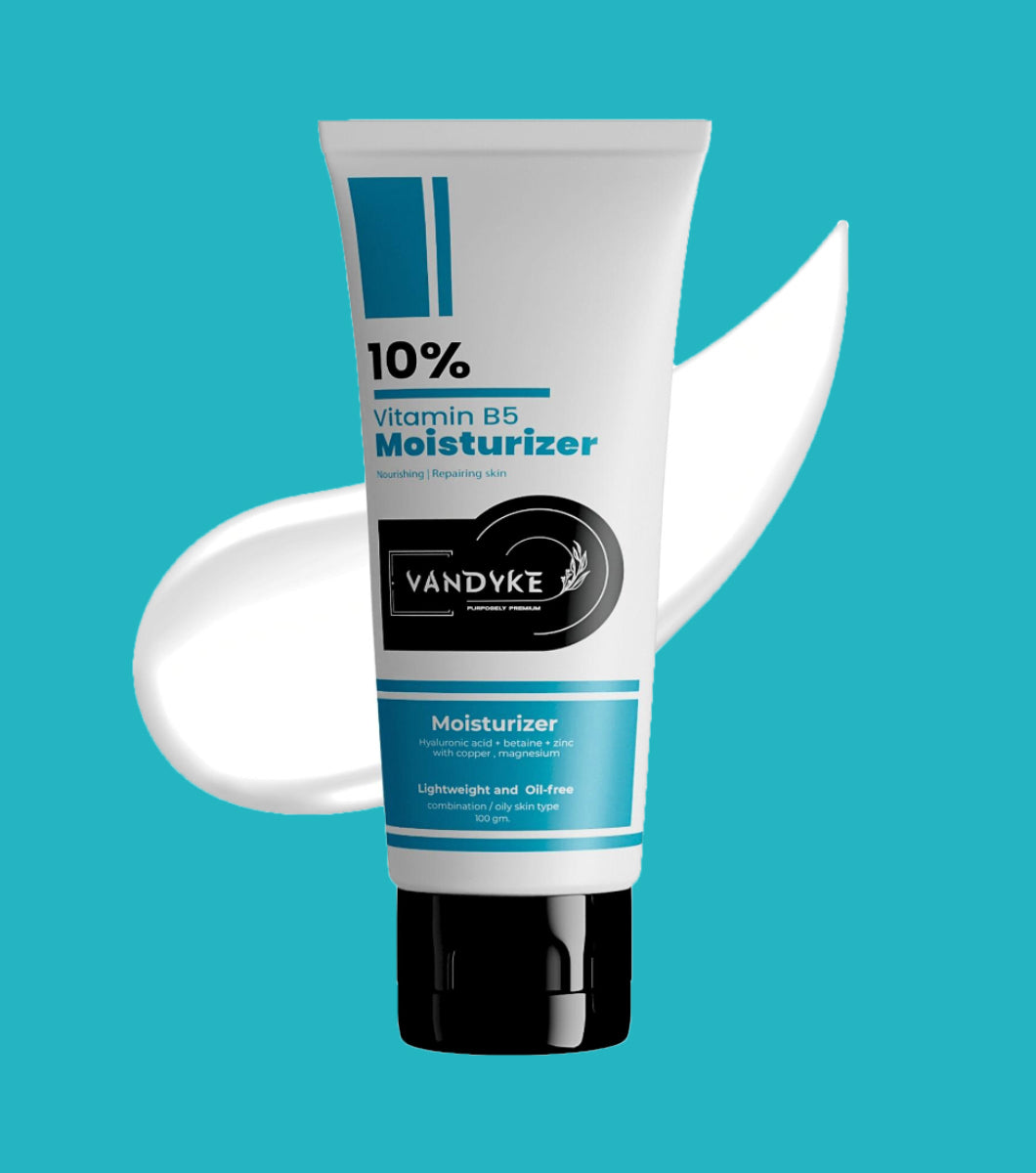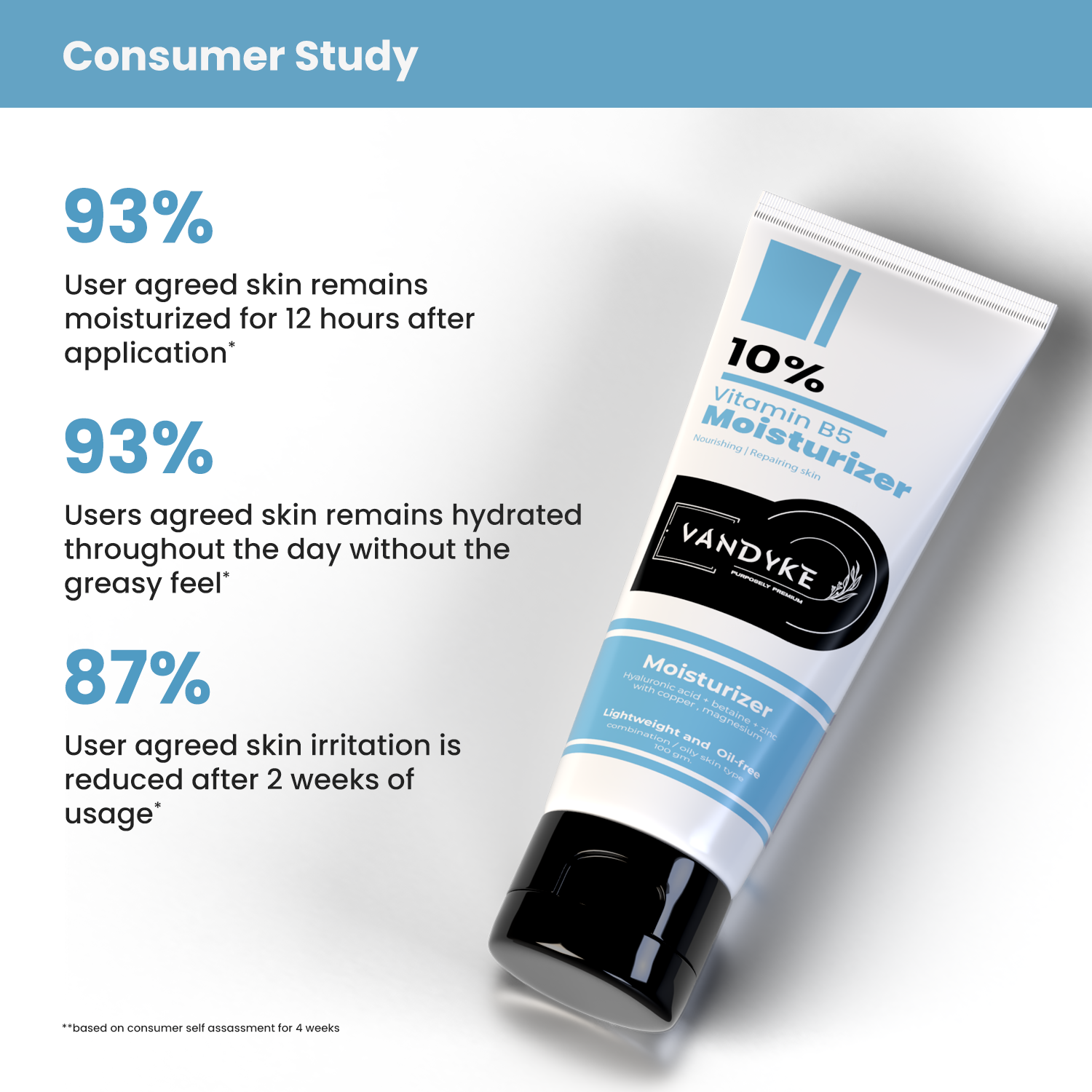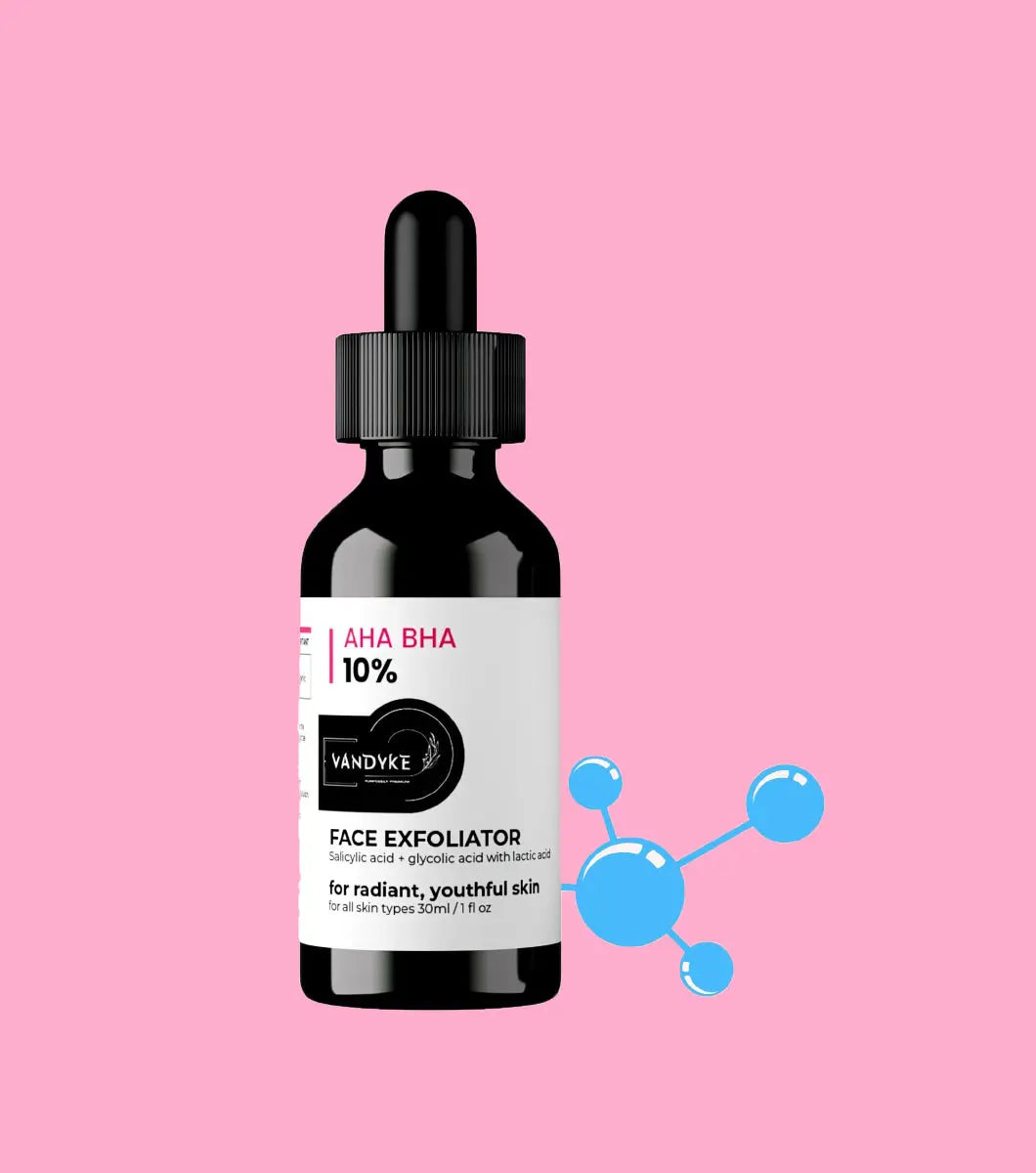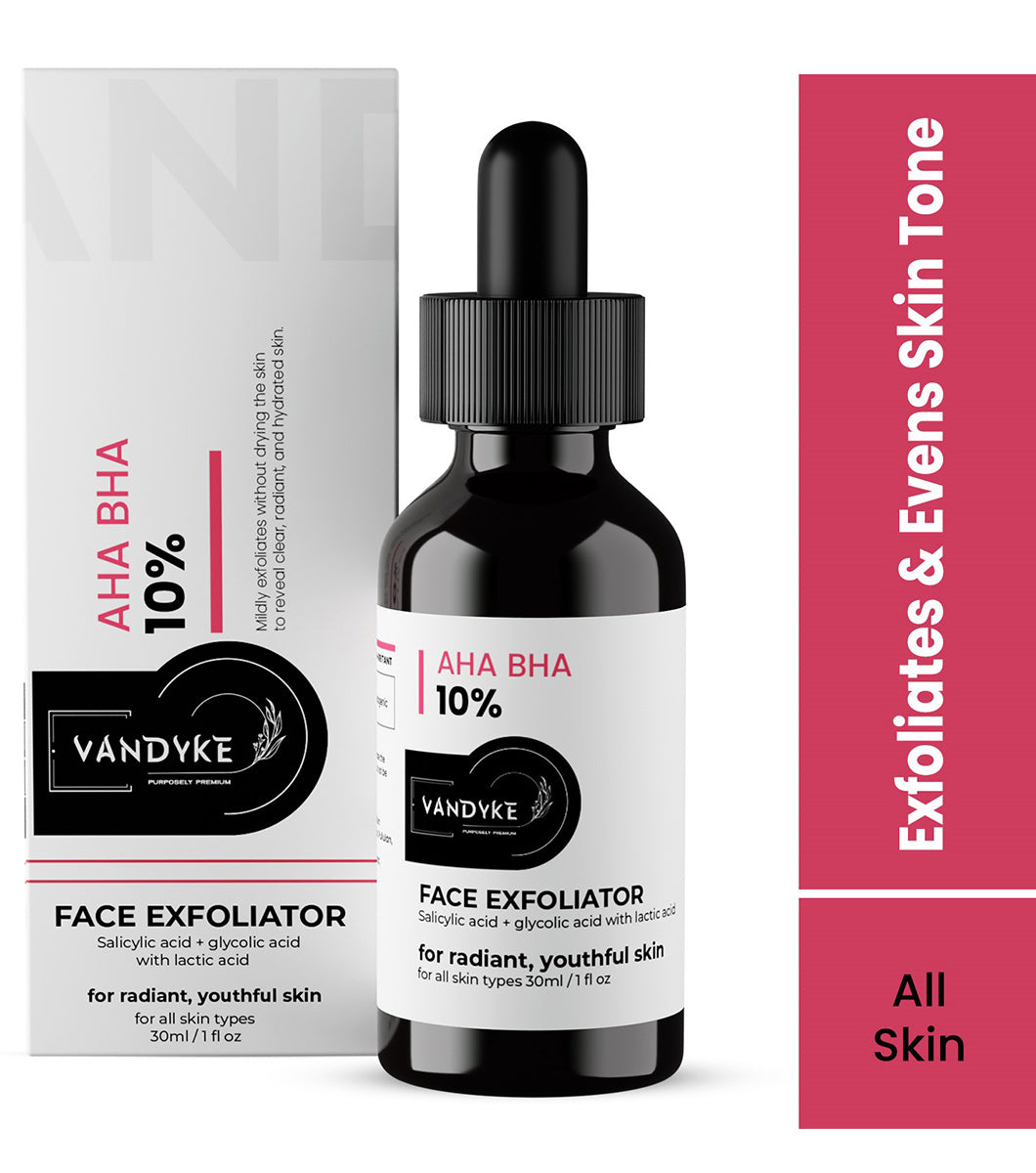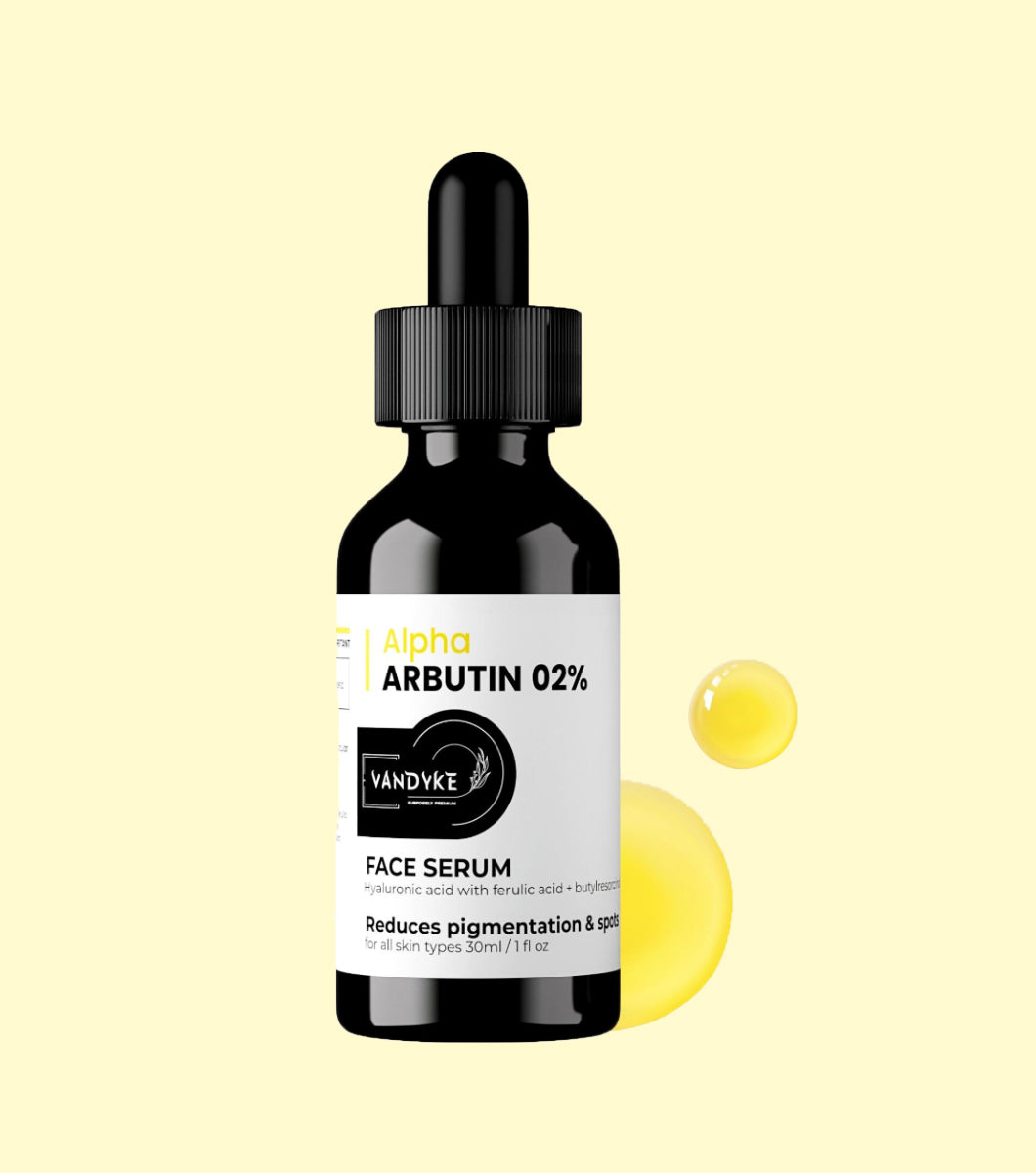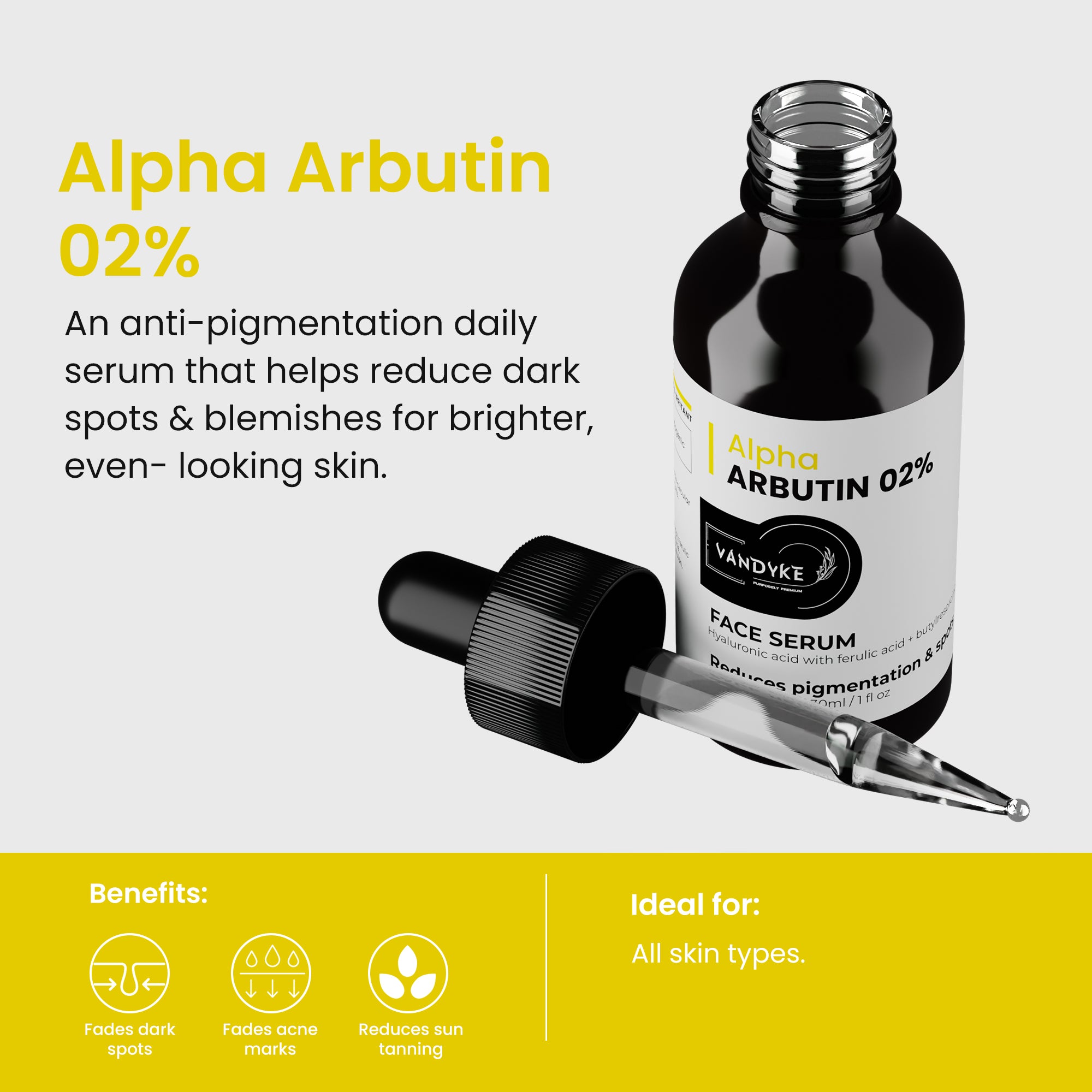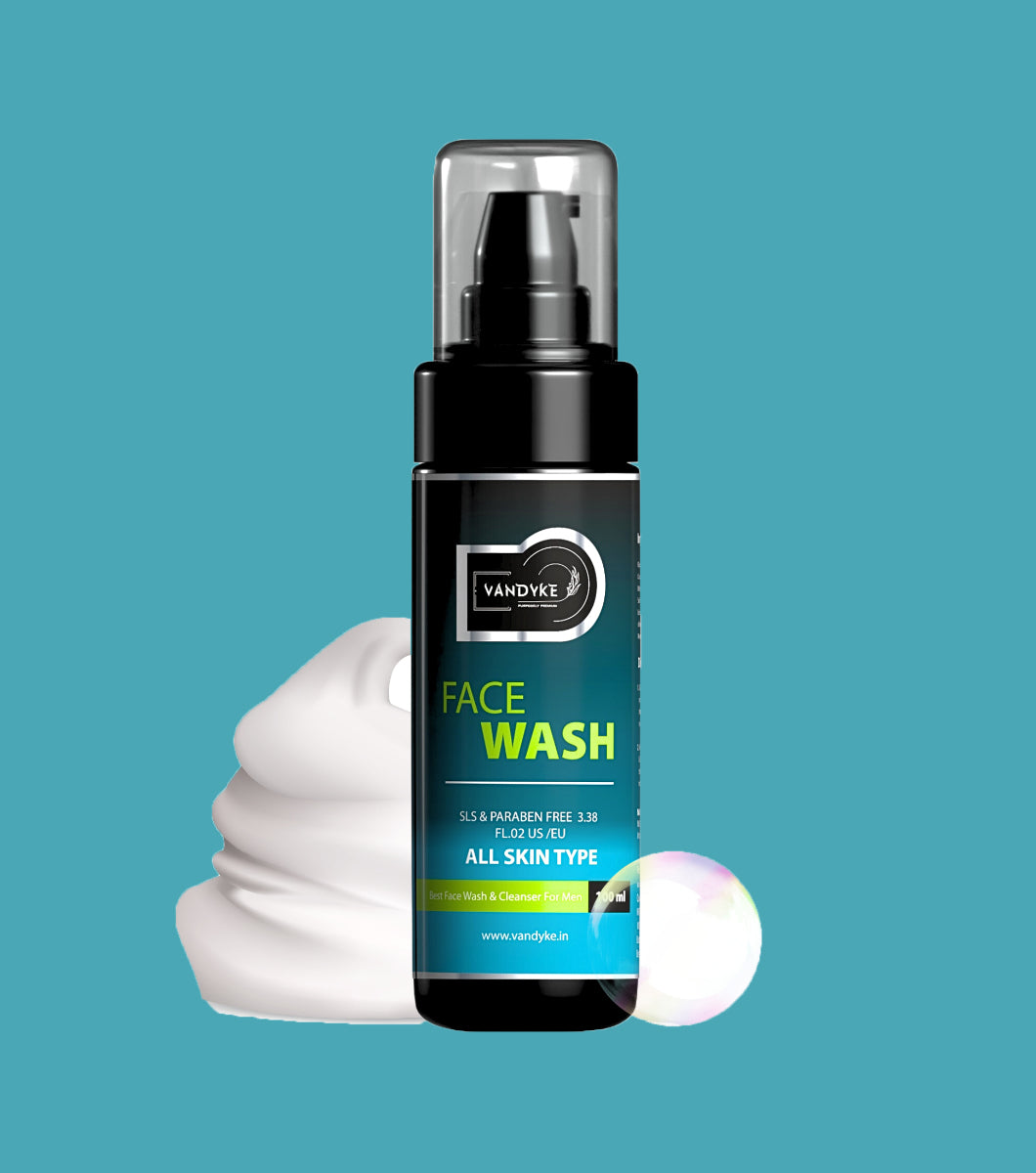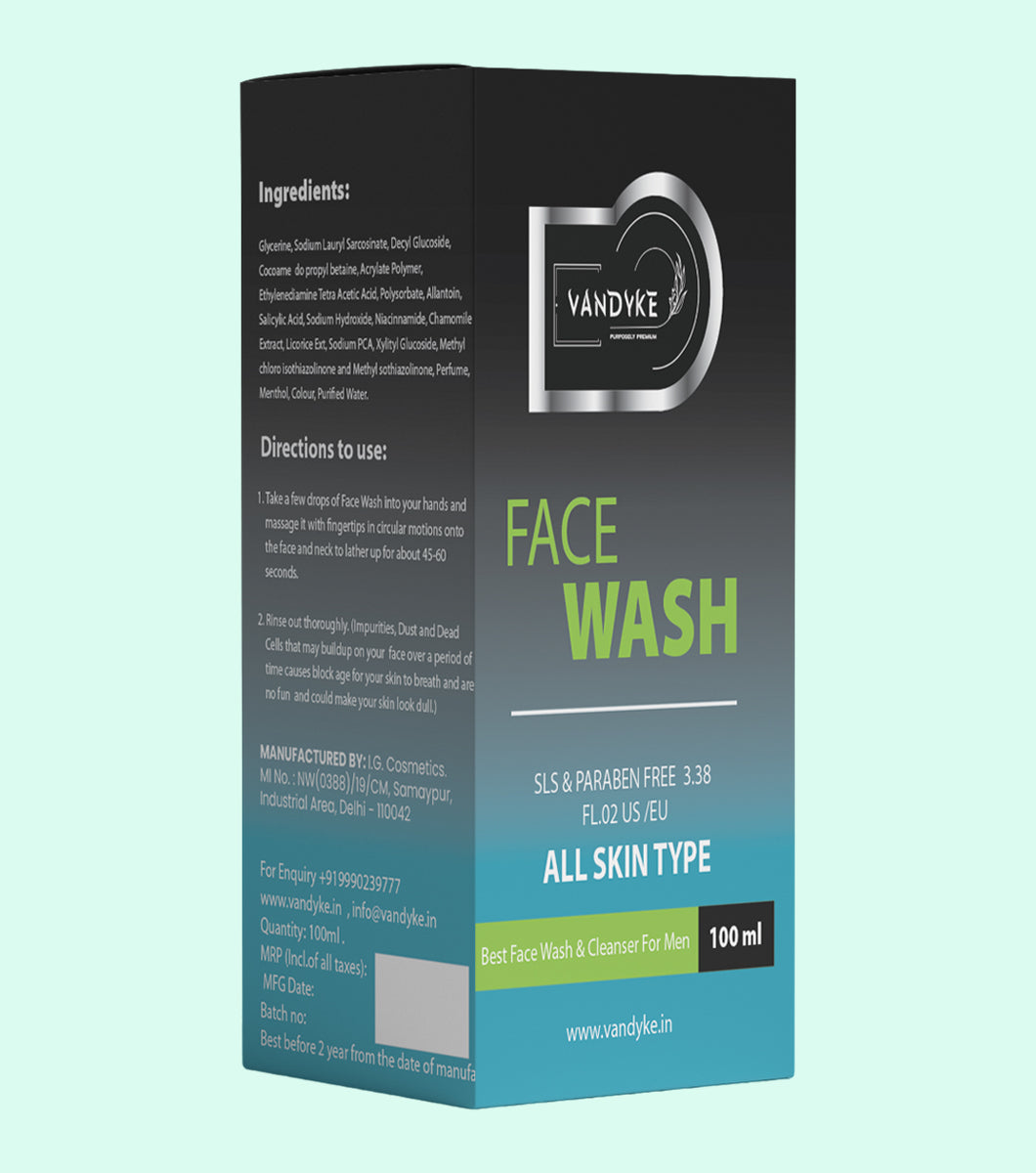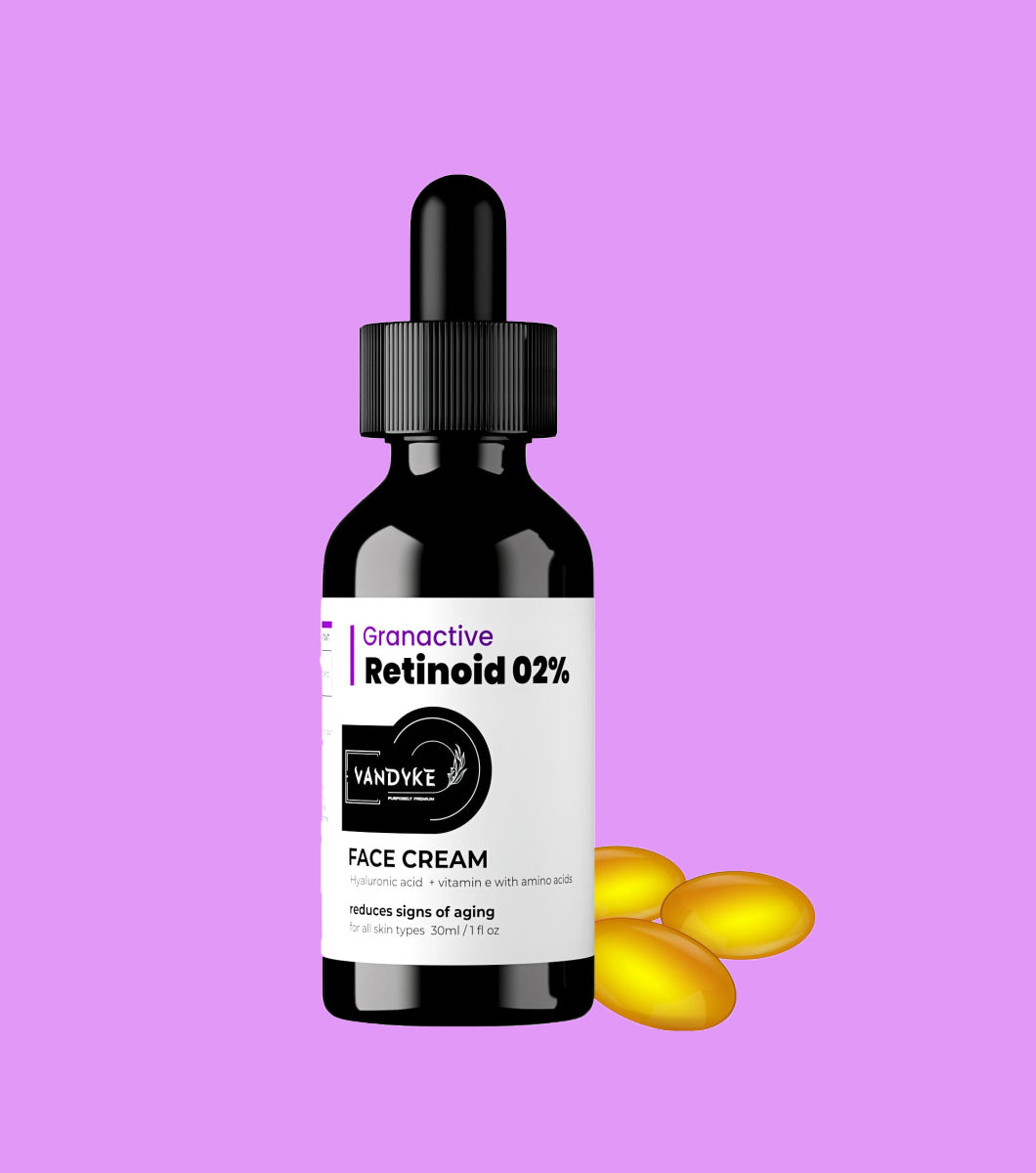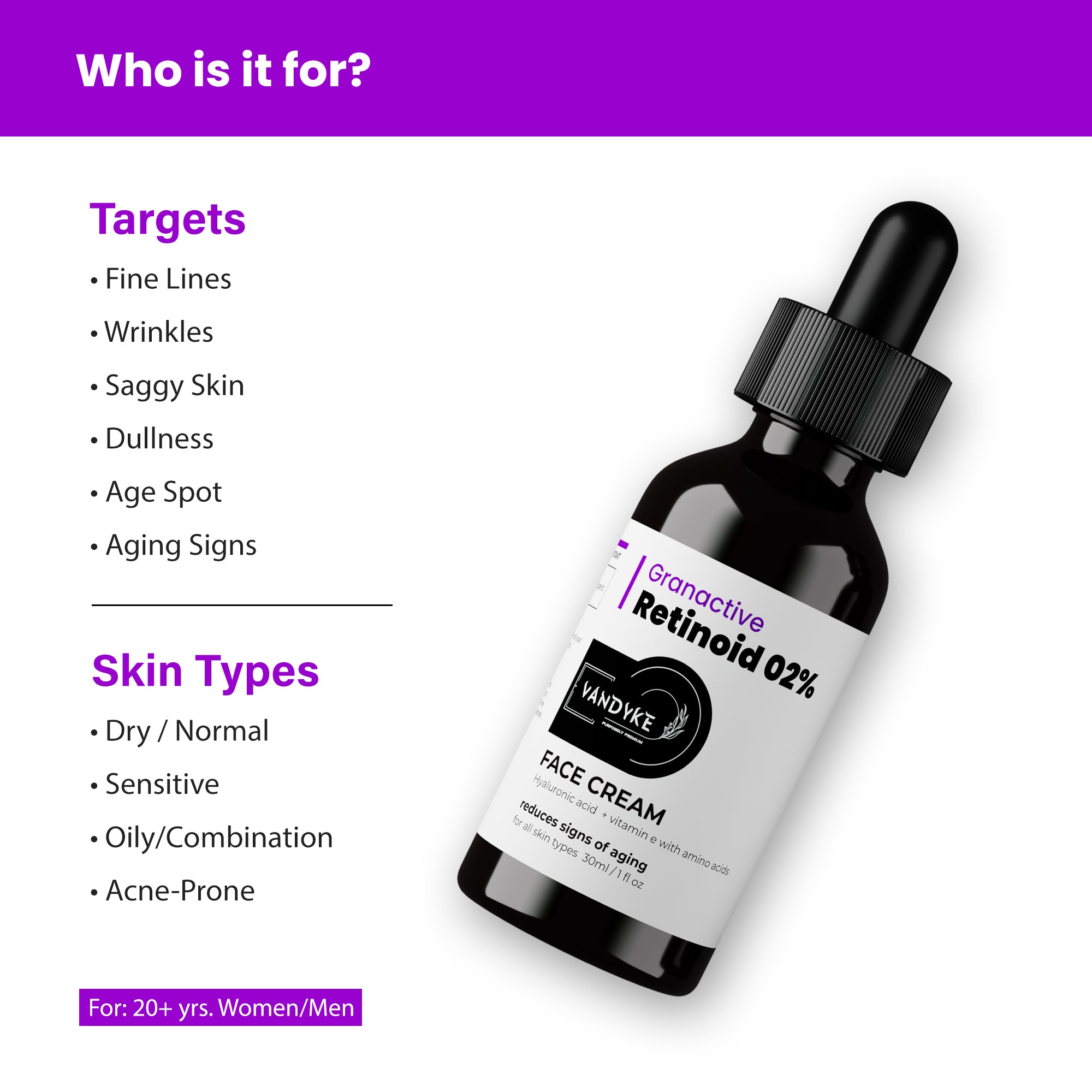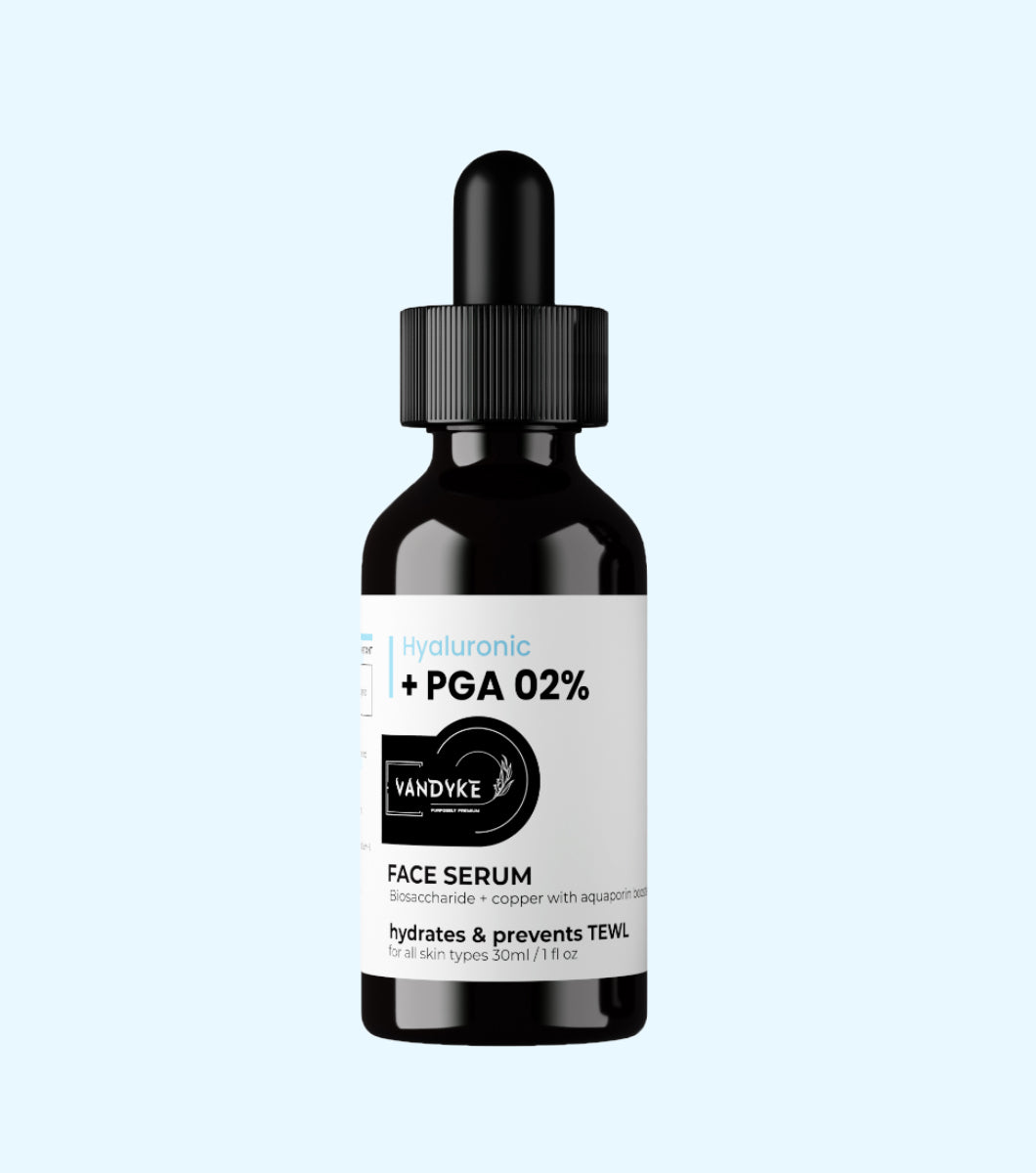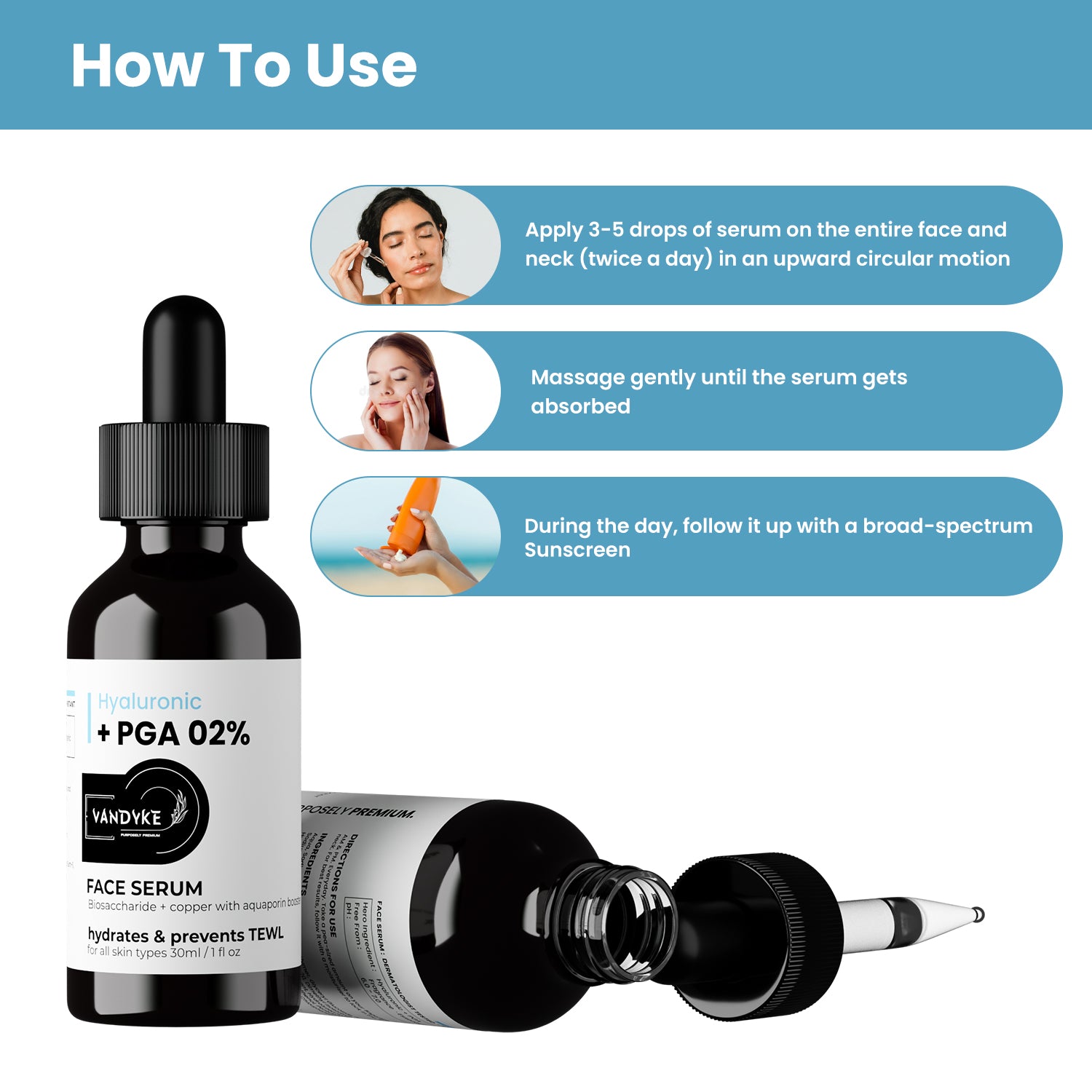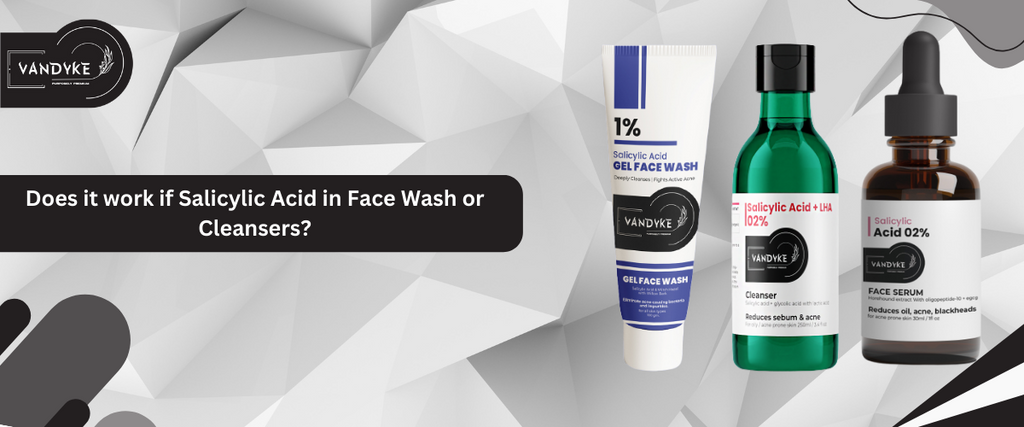
Does it work if Salicylic Acid in Face Wash or Cleansers?

Does it work if Salicylic Acid in Face Wash or Cleansers?
Vandyke Face Care Products has magical ingredients which protect your skin. Yes, it works if Salicylic Acid in Face Wash or Cleansers Salicylic acid is a common ingredient in many facial cleansers and face washes. Salicylic acid is a beta-hydroxy acid (BHA) that is derived from willow bark. It is known for its ability to exfoliate the skin, unclog pores, and reduce inflammation.
Salicylic acid works by penetrating the pores and dissolving the oil and debris that can cause acne breakouts. It also has anti-inflammatory properties that can help to reduce redness and irritation.
However, it is important to note that salicylic acid may not be suitable for all skin types. If you have sensitive skin or are prone to dryness, you may want to choose a gentler cleanser that does not contain salicylic acid. Additionally, if you are using other skincare products that contain exfoliating ingredients, such as retinoids or alpha-hydroxy acids (AHAs), you should consult with a dermatologist before adding a salicylic acid cleanser to your routine.
What Causes Acne?
Acne is a common skin condition that is caused by a combination of factors, including:
- Excess oil production: The sebaceous glands in our skin produce an oily substance called sebum, which helps to keep our skin hydrated. However, when the glands produce too much sebum, it can mix with dead skin cells and clog pores, leading to the formation of acne.
- Bacteria: Propionibacterium acnes (P. acnes) is a type of bacteria that lives on our skin and can contribute to the development of acne. When a pore becomes clogged, it creates an ideal environment for P. acnes to thrive, leading to inflammation and the formation of pimples.
- Inflammation: When a pore becomes clogged, it can become inflamed as the body’s immune system responds to the presence of bacteria and other irritants. Inflammation can cause redness, swelling, and pain.
- Hormones: Androgens are a type of hormone that can cause the sebaceous glands to produce more oil, leading to an increased risk of acne. Hormonal changes that occur during puberty, pregnancy, and menstruation can all contribute to the development of acne.
- Genetics: There is evidence to suggest that genetics may play a role in the development of acne. If your parents or siblings have a history of acne, you may be more likely to develop it yourself.
- Environmental factors: Certain environmental factors, such as pollution and high humidity, can also contribute to the development of acne.
Types of acne that can get benefits from Salicylic Acid
Salicylic acid can be helpful for several types of acne, including:
- Blackheads and whiteheads: Salicylic acid is a beta-hydroxy acid that can penetrate into the pores and exfoliate the dead skin cells and sebum that can clog them. This can help to prevent the formation of blackheads and whiteheads.
- Mild to moderate inflammatory acne: Salicylic acid has anti-inflammatory properties that can help to reduce redness and swelling associated with mild to moderate inflammatory acne.
- Acne caused by clogged pores: Salicylic acid can penetrate deep into the pores and dissolve the oil and debris that can cause clogged pores, preventing the formation of new acne lesions.
However, it is important to note that salicylic acid may not be effective for severe acne, such as cystic acne. In these cases, a dermatologist may recommend other treatments, such as prescription topical or oral medications. Additionally, salicylic acid may not be suitable for all skin types, and it is important to follow the instructions on the product label and consult with a dermatologist before adding a salicylic acid product to your skincare routine.
Vandyke Tip
Do not use Salicylic based face wash very much for dry skin with acne as it may further increase dryness. Instead, go for a mild SLS free cleanser and follow up with hydration and Moisturizer. Yes! Both.
Acne and Oily skin are BFF (Best-Face-Forward)
Acne and oily skin In India are often linked because excess oil production is one of the primary causes of acne. The sebaceous glands in our skin produce an oily substance called sebum, which helps to keep our skin hydrated. However, when the glands produce too much sebum, it can mix with dead skin cells and clog pores, leading to the formation of acne.
Oily skin is characterised by an overproduction of sebum, which can make the skin appear shiny and greasy. People with oily skin are more prone to acne because the excess oil can mix with dead skin cells and bacteria on the skin, clogging pores and leading to the formation of pimples and other acne lesions.
It is important to note that not all people with acne have oily skin, and not all people with oily skin have acne. Additionally, while excess oil production can contribute to the development of acne, there are other factors, such as genetics and hormones, that can also play a role. If you are experiencing acne, it is important to consult with a dermatologist to determine the underlying cause and develop an appropriate treatment plan also you can buy 1% Salicylic Acid Gel Face, 2% Salicylic cleanser, Salicylic Acid 02% from the best skincare site in India Vandyke your online face care shop in india.
Is Salicylic Acid Good for Face Wash?
Salicylic acid is a good ingredient for face washes for people with acne-prone skin, oily skin, or those who are looking to exfoliate and improve skin texture. Salicylic acid is a beta-hydroxy acid (BHA) that can penetrate deep into the pores to exfoliate dead skin cells, unclog pores, and help prevent acne breakouts. It also has anti-inflammatory properties that can help reduce redness and inflammation associated with acne and vandyke 1% Salicylic Acid Gel Face has a quality to improve your skin texture.
Salicylic acid face washes can be a convenient and effective way to incorporate this ingredient into your skincare routine, as they are easy to use and can be used daily. However, it’s important to use salicylic acid face washes in moderation, as overuse can cause dryness and irritation, especially for those with dry or sensitive skin.
Additionally, not all salicylic acid face washes are created equal, and it’s important to choose a Skin care product with a suitable concentration of salicylic acid that is appropriate for your skin type. It’s also important to follow the instructions on the product label and consult with a dermatologist if you have any concerns about using salicylic acid face washes also you can write to Vandyke top site to buy Skin care products in India team Vandyke will write an article on it will help you to improve your skin quality.
Can you use Serum and Salicylic acid face wash together?
Yes, you can use salicylic acid face wash and salicylic acid serum together, as long as you follow the instructions on the product label and use them in moderation.
Salicylic acid face washes are designed to be used as a cleanser to help exfoliate dead skin cells, unclog pores, and prevent acne breakouts. Salicylic acid serums, on the other hand, are typically formulated to be used as a spot treatment or all-over treatment to help reduce the appearance of acne, improve skin texture, and minimize the appearance of pores. Buy 1% Salicylic Acid Gel Face, 2% Salicylic cleanser, Salicylic Acid 02% from the best skincare site in India Vandyke your online face care shop in india.
When using salicylic acid face wash and serum together, it’s important to use them in the right order. You should start with the salicylic acid face wash to cleanse your skin and remove any dirt, oil, or makeup. Then, you can follow up with the salicylic acid serum to help further exfoliate your skin and penetrate deep into your pores.
It’s important to note that while salicylic acid 02% Serum can be beneficial for acne-prone skin, overuse or using too many products containing salicylic acid can lead to dryness, irritation, or other side effects. Therefore, it’s important to start with a lower concentration and gradually increase the frequency or concentration as tolerated by your skin. If you have any concerns or questions about using salicylic acid face wash and serum together, you should consult with a dermatologist.
Vandyke Tip
Normally, People with normal and oily skin can use both (not more than 2% salicylic acid in each) in their skincare routine. Use the cleanser at AM and PM while serum once at night. People with dry skin or sensitive skin will not use both to irritate the skin or increase dryness.
Best Face Wash For Oily Acne-Prone Skin
There are many face washes available that can be effective for oily, acne-prone skin. Here are some ingredients to look for and some product recommendations:
- Salicylic Acid: Salicylic acid is a beta-hydroxy acid (BHA) that can penetrate deep into the pores to exfoliate dead skin cells, unclog pores, and help prevent acne breakouts. Some salicylic acid face wash recommendations include:
- Neutrogena Oil-Free Acne Wash: This face wash contains 2% salicylic acid to help treat and prevent acne breakouts.
- La Roche-Posay Effaclar Medicated Gel Cleanser: This face wash contains 2% salicylic acid to exfoliate dead skin cells and unclog pores.
- Benzoyl Peroxide: Benzoyl peroxide is an antibacterial agent that can help kill the bacteria that can cause acne. Some benzoyl peroxide face wash recommendations include:
- PanOxyl Acne Foaming Wash: This face wash contains 10% benzoyl peroxide to help treat and prevent acne breakouts.
- Clean & Clear Continuous Control Acne Cleanser: This face wash contains 10% benzoyl peroxide to help clear acne and prevent future breakouts.
- Tea Tree Oil: Tea tree oil is a natural antiseptic that can help kill the bacteria that can cause acne. Some tea tree oil face wash recommendations include:
- The Body Shop Tea Tree Skin Clearing Facial Wash: This face wash contains Community Trade tea tree oil and is designed to cleanse and purify the skin.
- Desert Essence Thoroughly Clean Face Wash: This face wash contains tea tree oil and other natural ingredients to help soothe and purify the skin.
It’s important to note that everyone’s skin is different, and what works for one person may not work for another. If you have persistent or severe acne, it’s important to consult with a dermatologist to determine the underlying cause and develop an appropriate treatment plan.
How To choose The Best Face Wash
Choosing the best face wash for your skin can be a daunting task, as there are so many options available. Here are some tips to help you choose the best face wash for your skin:
- Know your skin type: Before you choose a face wash, it’s important to know your skin type. If you have oily skin, you may want a face wash that is designed to control oil and reduce shine. If you have dry skin, you may want a face wash that is hydrating and gentle.
- Look for gentle ingredients: Look for a face wash that contains gentle ingredients that won’t strip your skin of its natural oils or cause irritation. Avoid face washes that contain harsh detergents or fragrances, as these can be irritating to the skin.
- Consider your skin concerns: If you have specific skin concerns, such as acne or hyperpigmentation, look for a face wash that is designed to address these concerns. For example, a face wash containing salicylic acid may be helpful for acne-prone skin, while a face wash containing glycolic acid may be helpful for reducing the appearance of hyperpigmentation.
- Choose the right formula: Consider the formula of the face wash, such as whether it is a gel, cream, or foaming cleanser. Some formulas may work better for certain skin types or concerns.
- Check the pH level: The pH level of a face wash can affect how it interacts with your skin. Look for a face wash with a pH level between 4.5 and 5.5, which is close to the natural pH of your skin.
- Read reviews: Before you purchase a face wash, read reviews from other customers who have used the product. This can help you get an idea of how effective the face wash is and whether it may be suitable for your skin type and concerns.
It’s important to remember that everyone’s skin is unique, and what works for one person may not work for another. It may take some trial and error to find the best face wash for your skin. If you have persistent or severe skin concerns, it’s important to consult with a dermatologist.
How to use Salicylic acid cleanser?
Here are some general guidelines on how to use a Salicylic acid cleanser:
- Wet your face with warm water.
- Apply a small amount of the Salicylic acid cleanser to your fingertips.
- Gently massage the cleanser onto your skin using circular motions. Be sure to focus on any areas of concern, such as the T-zone or any areas with active breakouts.
- Avoid scrubbing too hard, as this can irritate the skin.
- Rinse your face thoroughly with warm water.
- Pat your face dry with a clean towel.
- Follow up with your usual skincare routine, such as toner, moisturizer, and sunscreen.
It’s important to note that everyone’s skin is different, and you may need to adjust the frequency of use based on your individual needs. If you experience any irritation or redness, reduce the frequency of use or discontinue use altogether. It’s also important to wear sunscreen during the day, as Salicylic acid can increase sensitivity to the sun.
Get a Gentle Salicylic acid Cleanser Now
However, here are some tips on where you can find gentle Salicylic acid cleansers:
The perfect skincare routine for acne-prone skin is a Vandyke one
- Drugstores and pharmacies: Many drugstores and pharmacies carry a variety of skincare products, including salicylic acid cleansers. The face wash or serum that delivers your hero ingredient (Salicylic acid) in a balanced, gentle formulation is all you need.
- Online retailers: You can find a wide variety of Salicylic acid cleansers on online retailers such as Amazon, flipkart, and Nayka. Look for products with positive reviews and ratings.
- Dermatologist or esthetician: If you have specific skincare concerns, it may be helpful to consult with a dermatologist or esthetician. They can recommend a gentle 02% Salicylic acid cleanser that is tailored to your individual needs.
When choosing a Salicylic acid cleanser, look for products that contain 0.5% to 2% Salicylic acid, as higher concentrations can be too harsh for some skin types. Also, look for products that are fragrance-free, non-comedogenic, and pH-balanced to help prevent irritation and promote healthy skin.
